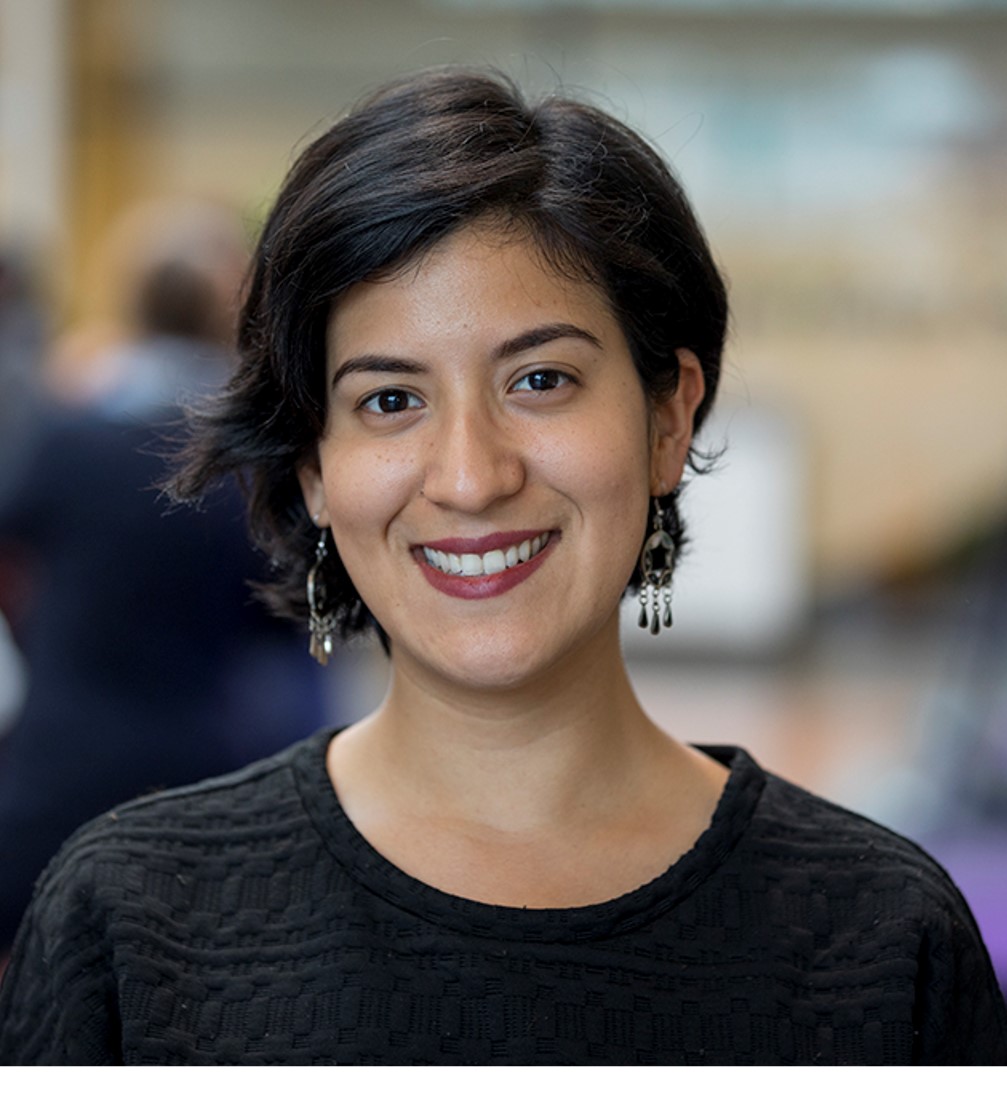Researchers
Principal Investigators

Prof. dr. ir. Harro Bouwmeester
University of Amsterdam, Faculty of Science
My group investigates signalling molecules and their role in the communication of plants with other organisms, espec. below ground, such as parasitic plants, nematodes and the microbiome. We work on the discovery of new signalling relations using omics data, the importance of structural diversity in signalling molecules for biological specificity, elucidation of biosynthesis and perception mechanisms, and discovery of unknown roles of signalling molecules.
Further information
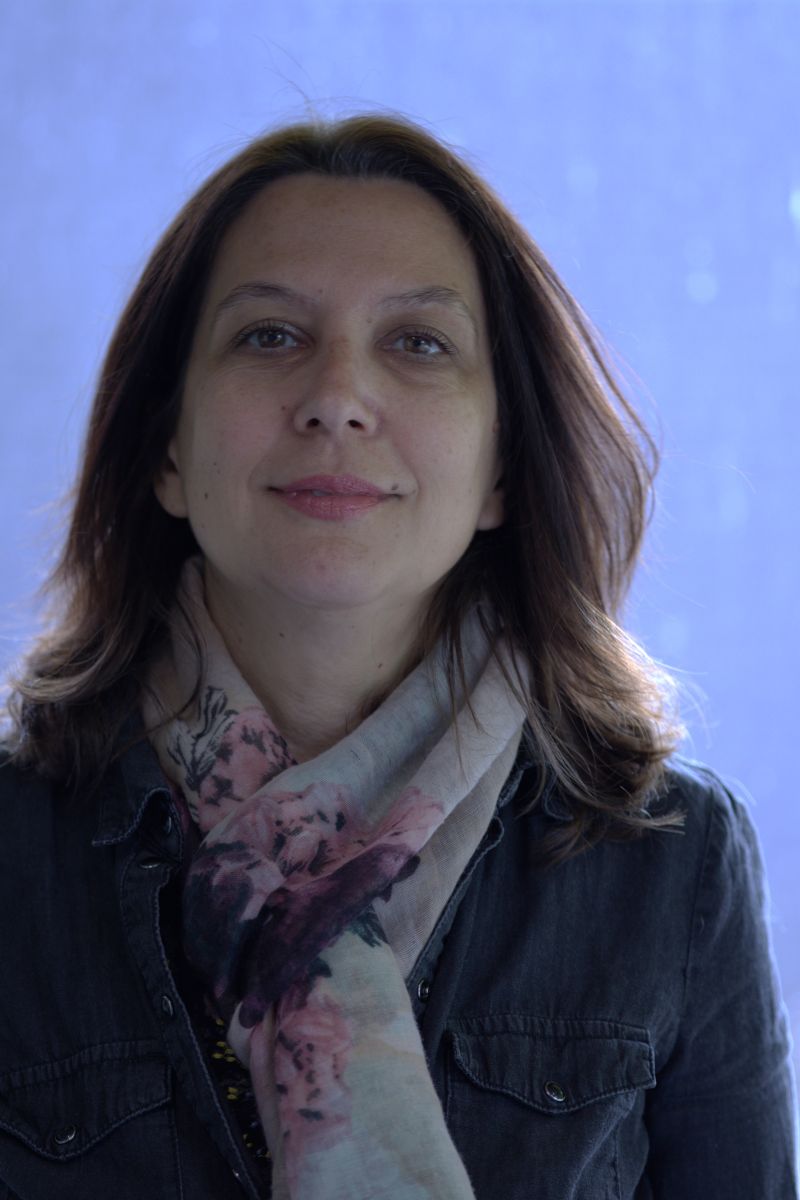
Dr. Rumyana Karlova
Wageningen University, Laboratory of Plant Physiology
I'm an assistant professor at Wageningen University. We focus on Solanaceae and drought stress. For MiCRop, I am involved in WP 1 and mainly WP 3.
Further information
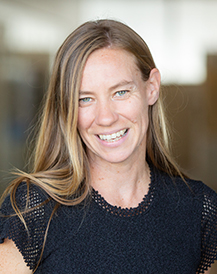
Prof. dr. Toby Kiers
VU University Amsterdam, Department of Ecological Science, Symbiosis Group
As one of the PIs of the consortium, I am mostly involved in WP 1 and 2. Next to that, I am also MiCRop coordinator of Outreach & Acceptance.
Further information
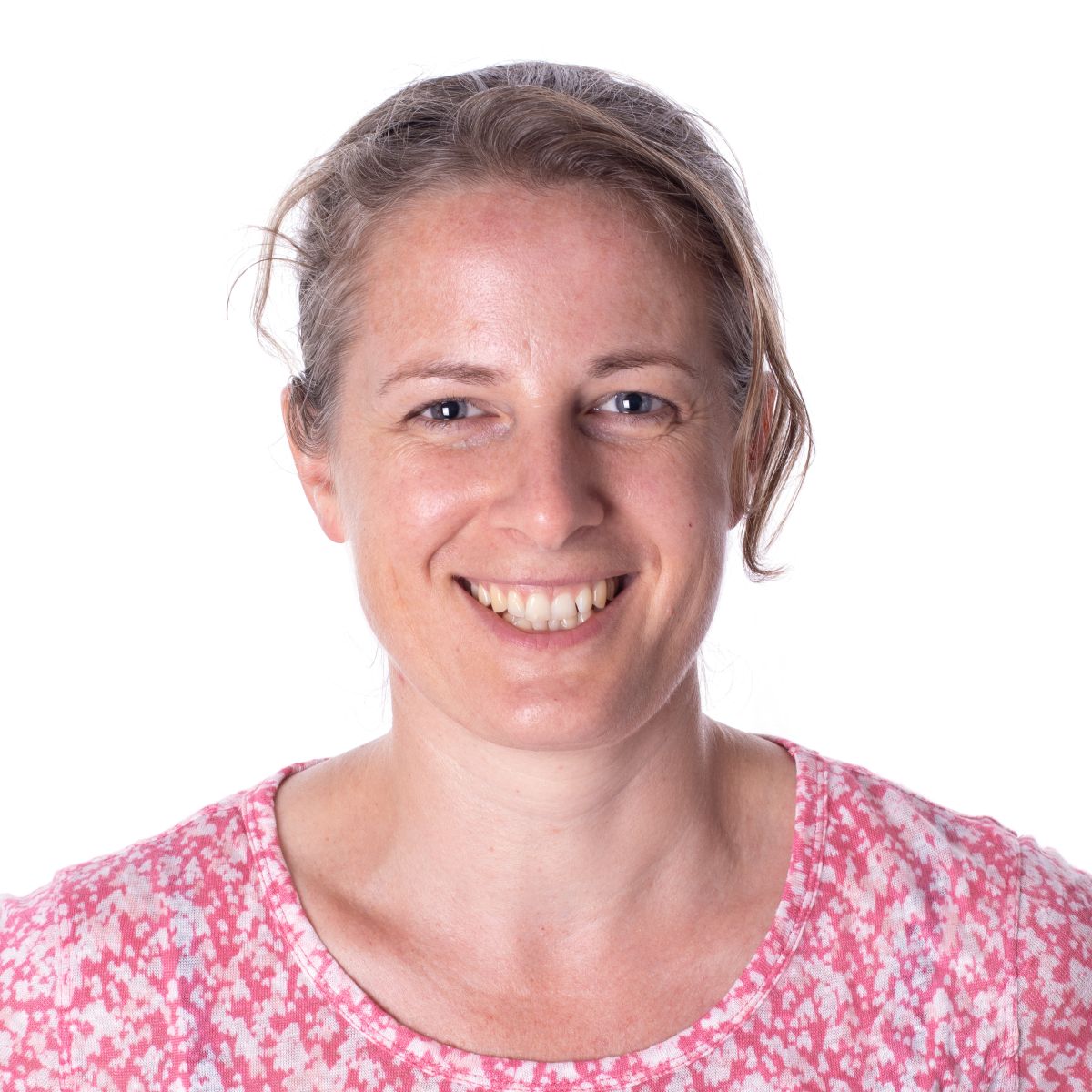
Dr. Karen Kloth
Wageningen University, Lab. of Entomology
Together with my team I study insect-plant-microbiome interactions. We investigate how microbes can help plants in suppressing insect herbivory and boost interactions with beneficial insects.
Further information
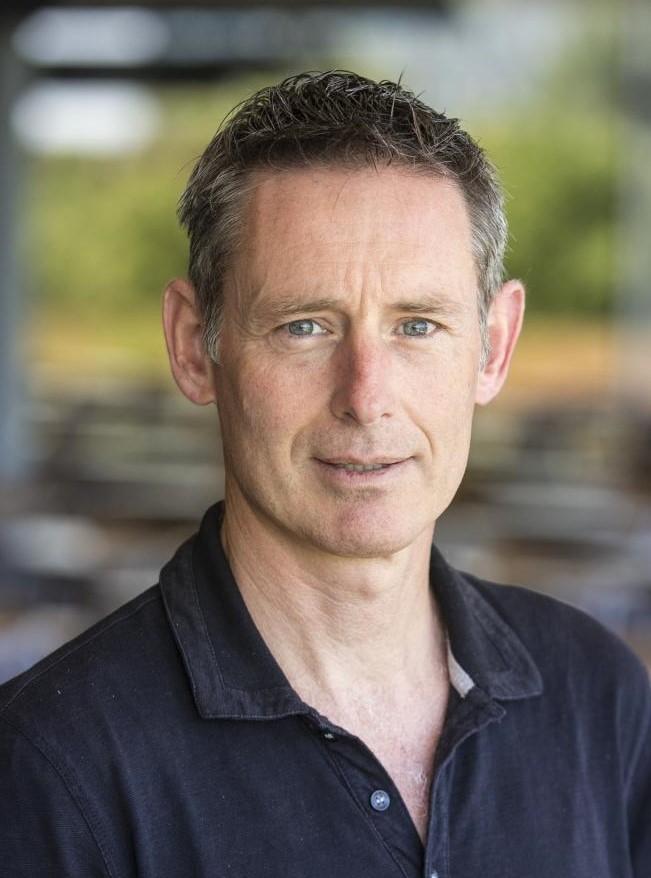
Prof. dr. ir. Corné Pieterse
Utrecht University, Institute of Environmental Biology
I am one of the PI’s of the MiCROP consortium and coordinator of Ethics, Gender & Diversity. My group is interested in discovering novel concepts in plant-microbiome interactions and elucidating the underlying molecular mechanisms involved. With our discoveries we hope to contribute to sustainable agriculture through plant microbiome-based solutions.
Further information

Prof. dr. Jos Raaijmakers
Netherlands Institute for Ecology, Microbial Ecology Department
I have conducted plant microbiome research over the past 15 years, with a focus on how plant domestication impacts the microbiome. My group is searching for the ‘missing plant microbes’ that were lost during domestication. I am a PI and member of the executive board of MiCRop consortium, coordinator of workpackages 2 and 4 and coordinator Utilisation & Knowledge Transfer.
Further information
Former PIs
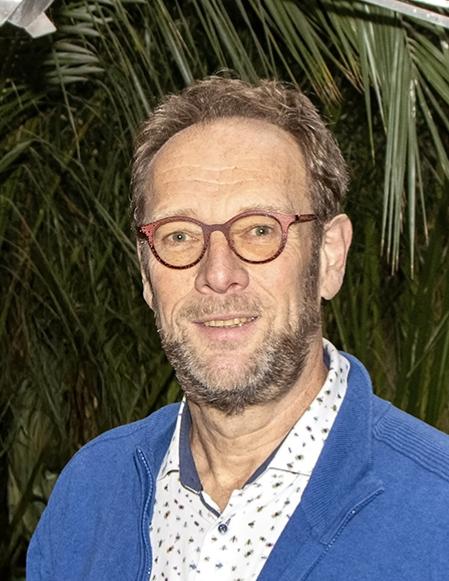
Prof. dr. Marcel Dicke (emeritus)
Wageningen University, Plant Science Group
I am intrigued by how plants are an active key player in multitrophic interactions since my PhD on how plants ‘cry for help’. I am a PI of the MiCRop consortium, PI, coordinator of WP3 & WP5, coordinator of Excellence & Training, and supervisor of PhD candidates.
Further information
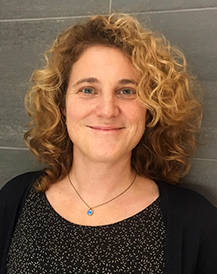
Prof. dr. Christa Testerink
Wageningen University, Plant Physiology
My group investigates abiotic stress in plants. As co-PI in the MiCRop consortium, I am also MiCRop coordinator of Diversity & Inclusion.
Further information
Data Analysis Team

Prof. dr. Aalt-Jan van Dijk
Professor Data Analysis in the Life Sciences
Universiteit van Amsterdam, Swammerdam Institute of Life Sciences
Research scientist with broad interest in bioinformatics, systems biology and computational biology. Strong expertise in application and development of machine learning approaches to analyze biological datasets, modelling dynamics of gene regulation networks, prediction of protein functions, and computational analysis of protein functional sites.
Further information
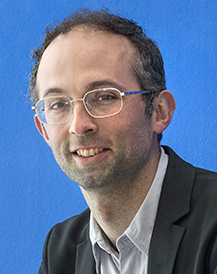
Prof. dr. Bas E. Dutilh
Friedrich Schiller University Jena, Viral Ecology and Omics Group
Utrecht University, Metagenomics Group
I am PI of the Metagenomics Group and a member of the MiCRop data team. I have been studying metagenomics since 2004 and currently work on data-driven modelling of the microbiome.
Further information
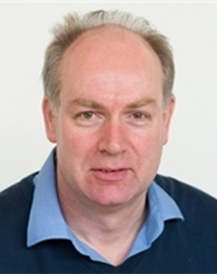
Prof. dr. Fred van Eeuwijk
Wageningen University, Mathematical and Statistical Methods – Biometris
As part of the data analysis and statistics team I am involved in all work packages.
Further information
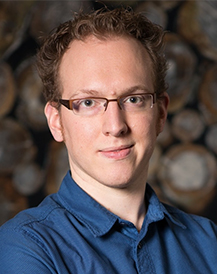
Dr. Marnix Medema
Associate Professor
Wageningen University
My lab studies how to use genomic, transcriptomic and metabolomic data to identify metabolic pathways for plant specialized metabolites, including those involved in microbiome recruitment and modulation.
Further information
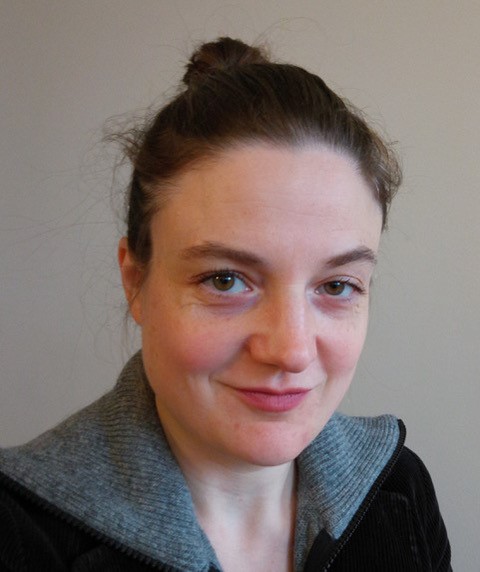
Dr. Anna Heintz Buschart
Assistant Professor
University of Amsterdam, Swammerdam Institute for Life Sciences, Microbial Metagenmics
I develop bioinformatics methods to analyse large scale meta-omics data and integrate multiple omics levels, to facilitate biological interpretations and predictions of microbial communities.
Further information

Dr. José Luis López
University of Utrecht
José's work focuses on seed endophytes and how they can be used to improve plant health. His current project focuses on microbial determinants that allow bacteria to colonise the rhizosphere, in particular he has expertise on codon usage bias and its use to estimate gene expression and bacterial growth rates.

Dr. Johan Westerhuis
University of Amsterdam, Swammerdam Institute for Life Sciences
I am part of the Data Analysis team and I develop statistical methods for integration of high-dimensional data to explore interaction between host plants and microbial communities.
Further information
Assistant Professors/UD/co-PIs

Dr. Arsheed Sheikh
Utrecht University, Plant-Microbe Interactions
I study how plants use beneficial microbes to overcome sulfur deficiency, an emerging constraint on crop productivity and nitrogen-use efficiency. Using soybean as a model system, my work integrates microbiome profiling, immunometabolism, and signaling pathways to uncover how plant–microbe interactions enhance sulfur acquisition and promote sustainable nutrient use.
Further information
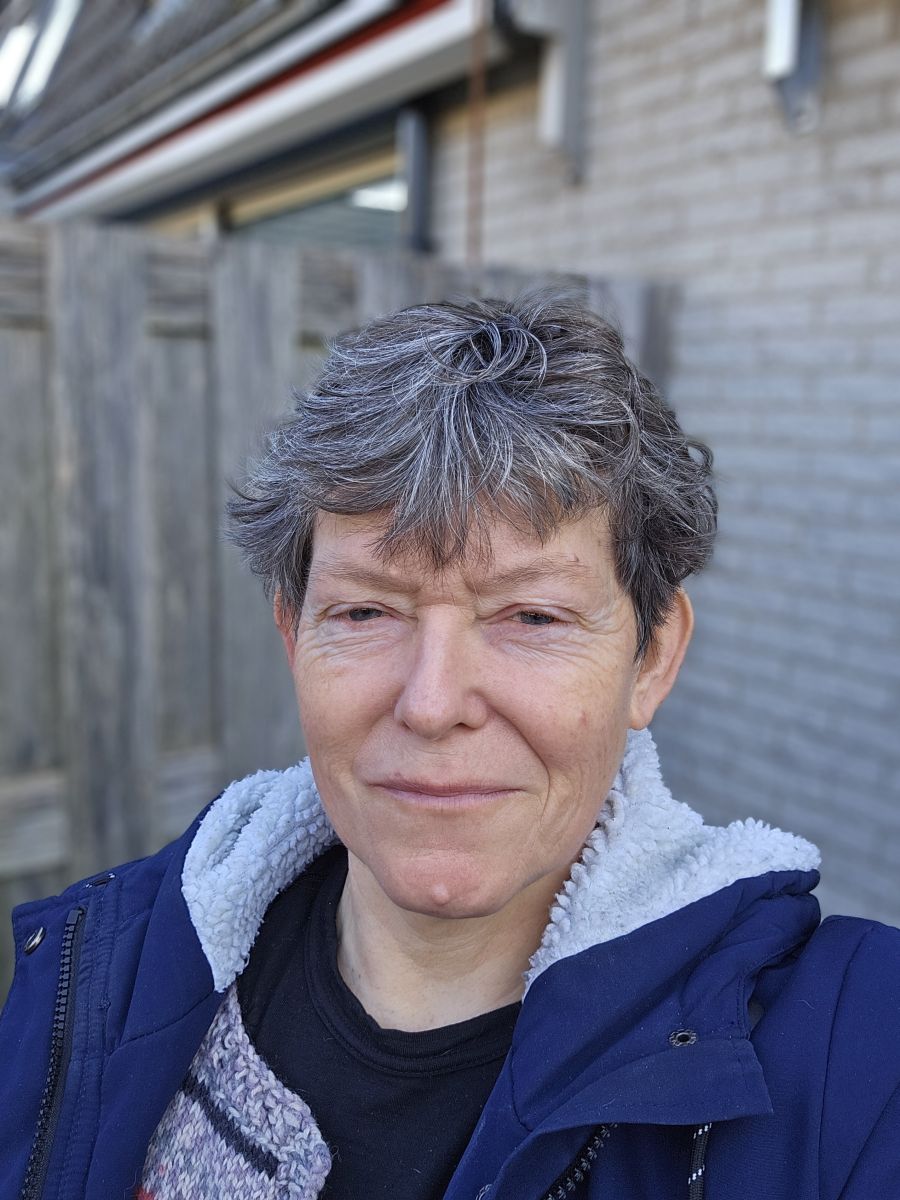
Dr. Rieta Gols
Wageningen University, Plant Science Group
I am interested in the ecology of plant-herbivore-natural enemy interactions. In MiCRop we investigate how microorganisms, in particular those in the soil, affect these insect interactions with the plant and whether we can manipulate the soil microbiome to improve plant health.
Further information
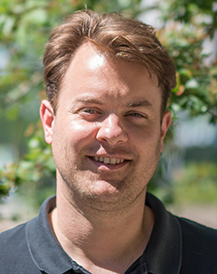
Dr. Roeland Berendsen
Utrecht University, Plant-Microbe Interactions
I study the recruitment of benefical micro-organisms by plants in response to diseases. I am involved in WP 1, WP 3 and WP 4.
Further information

Dr. Viviane Cordovez
NIOO-KNAW
My research focuses on the impact of plant-associated microorganisms on plant growth and health by coupling culturomic, metabolomic and genomic approaches. I am involved in WP4 and WP5, investigating the functional potential of wheat phyllosphere and rhizosphere microbiomes for biotic stress resilience.
Further information

Dr. Lemeng Dong
University of Amsterdam, Swammerdam Institute for Life Sciences, Plant hormone biology
As an assistant professor, I supervise PhD students, research, collaborate with other researchers in the consortium. My personal interest is to decode plant-microbiome languages and communications.
Further information

Prof. dr. Paolina Garbeva
Netherlands Institute for Ecology
I am a researcher involved in PhD supervision (WP 4). I am fascinated by the power of how microbes interact with each other at their own microscopic scale.
Further information
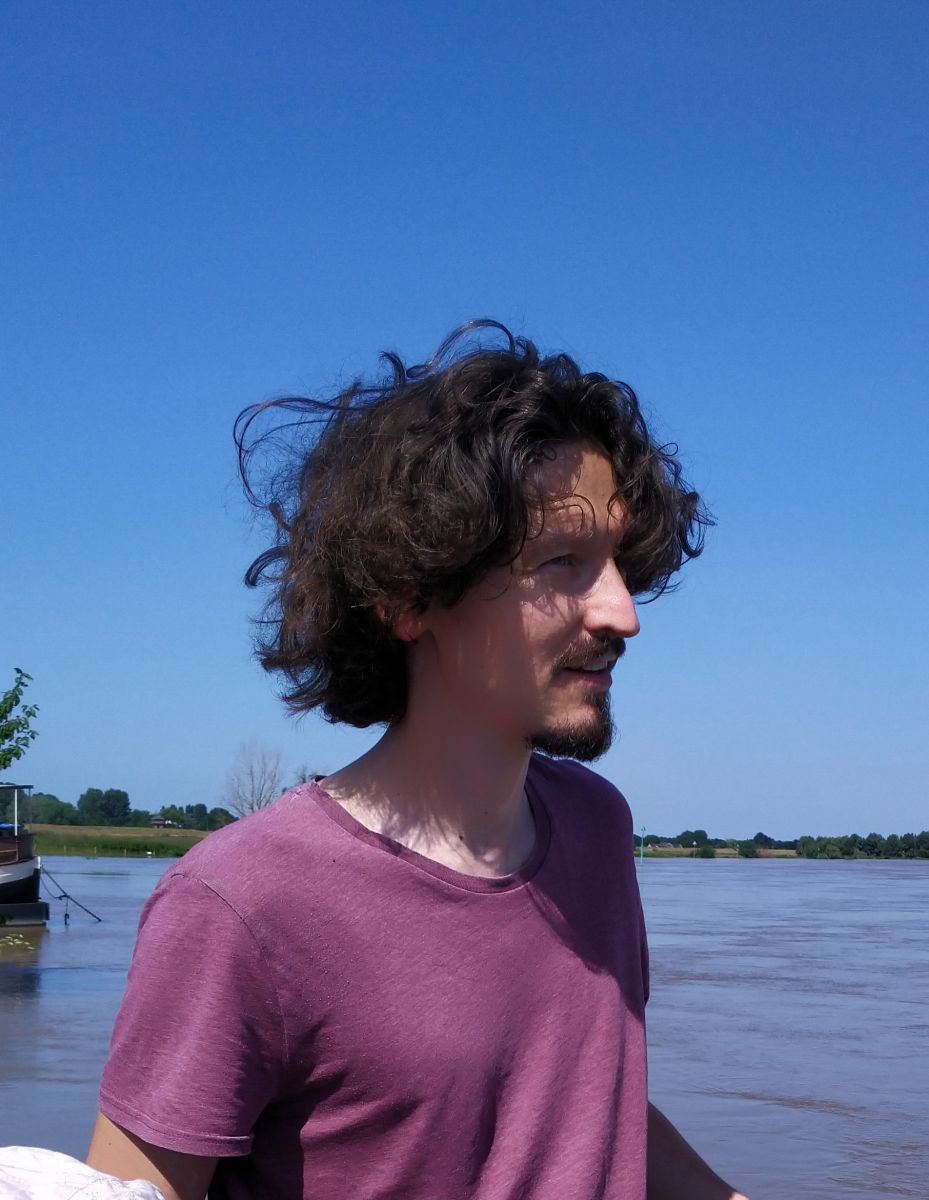
Dr. Alexander Haverkamp
Wageningen University, Lab of Entomology
Plants communicate with mutualist such as pollinators but also antagonists like herbivores in multiple different ways and microbes often play an important role in this communication. My research focuses on the sensory ecology of plant-pollinator interactions and how this communication is influenced by the microbiome in a flower.
Further information
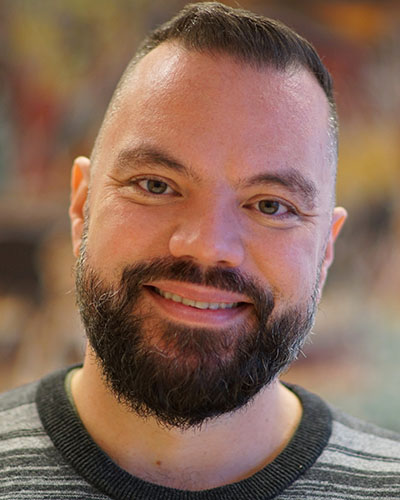
Dr. Vasilis Kokkoris
Vrije Universiteit Amsterdam, Department of Ecological Science
I am an Assistant professor interested in the widespread mycorrhizal symbiosis. Specifically, I examine how the genetic organization of mycorrhizal fungi affects plant response and whether plants preferentially recruit specific genetic types of mycorrhizal fungi. I am mainly involved in WP1 and WP2.
Further information

Prof. dr. Christa Testerink
Wageningen University, Plant Physiology
My group investigates abiotic stress in plants. As co-PI in the MiCRop consortium, I am also MiCRop coordinator of Diversity & Inclusion.
Further information
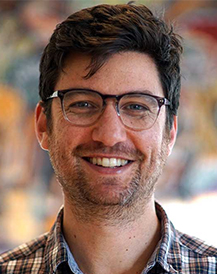
Dr. James Weedon
Vrije Universiteit Amsterdam
I am assistant professor focussing on legumes. I have been studying soil microbes since 2008, and I am mostly interested in how bacterial and fungal community composition changes along environmental gradients, and the extent to which we can predict biogeochemical functions from compositional data.
Further information
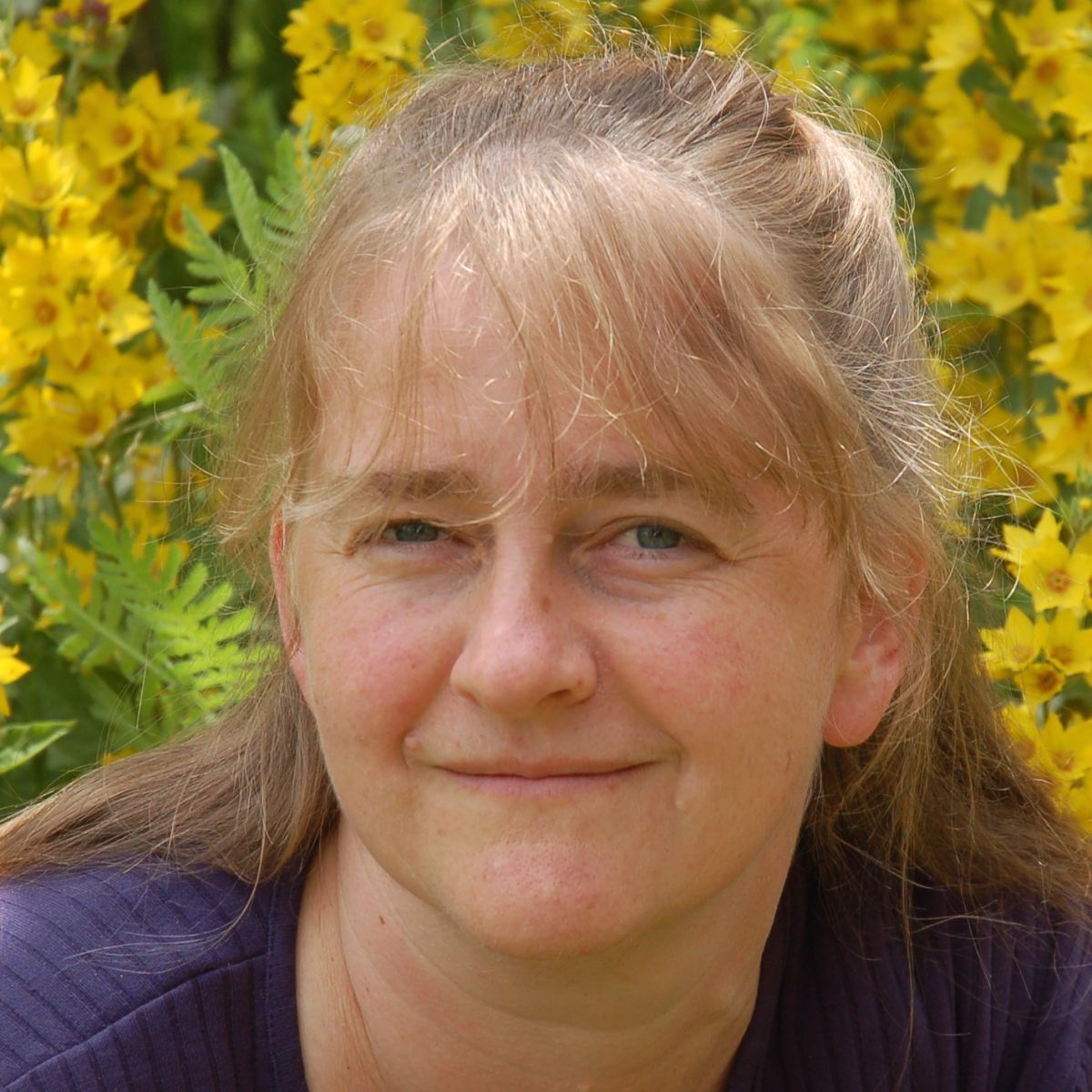
Prof. dr. Bregje Wertheim
Wageningen University, Lab of Entomology
Since September 2024, I am the Chair of the Laboratory of Entomology at Wageningen University. My research focus is on the complex gene networks that coordinate ecologically relevant traits in insects, and how genomes change during evolution. My aim is to unravel the molecular principles of evolutionary innovation and functional diversification of gene regulatory networks. We study this for various traits and interactions, including insect immunity, insect defenses against toxic fungi, sexual conflict, social behaviour and insect-microbiome interactions.
Further information
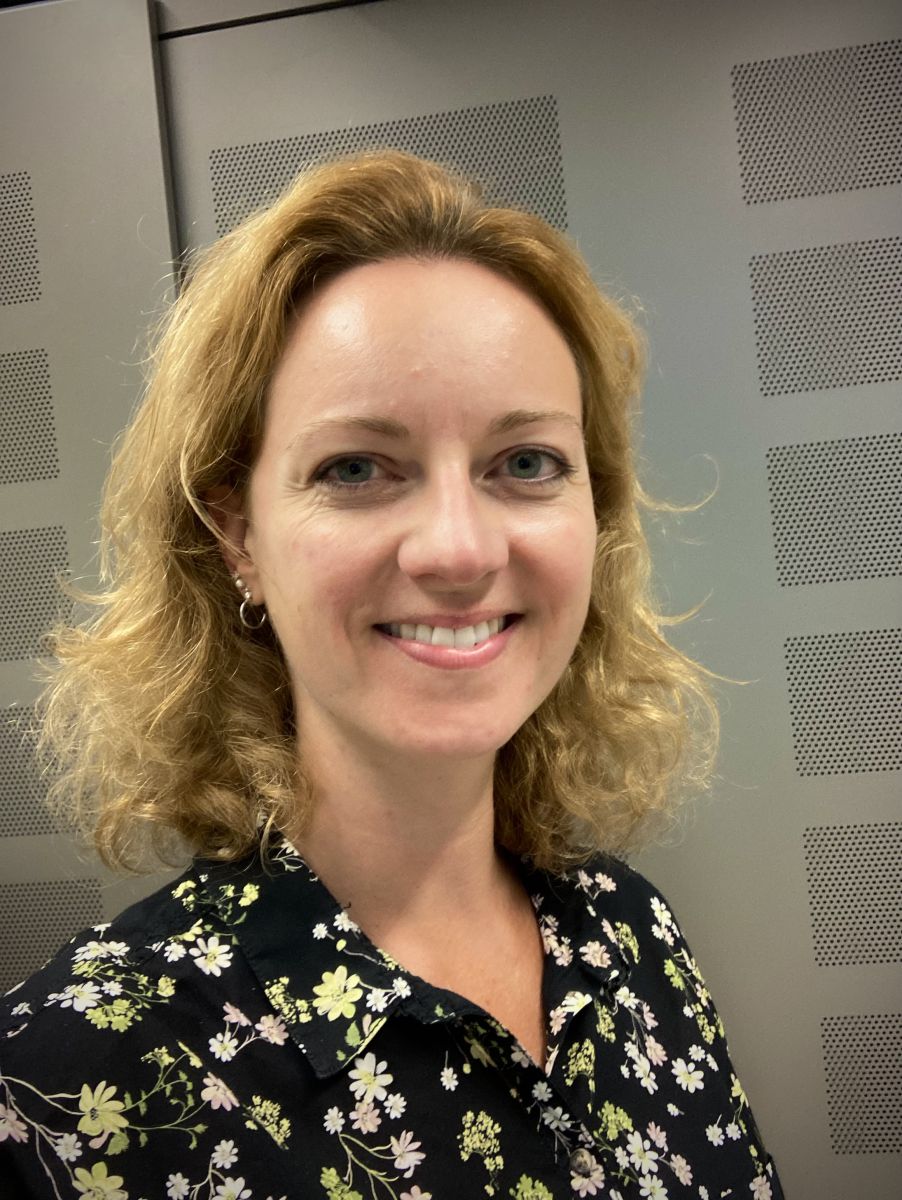
Dr. Kathrin Wippel
University of Amsterdam
My research aims to decipher mechanisms underlying the assembly and function of root-associated microbiota across different plant species, using reductionist approaches with microbial culture collections.
Further information
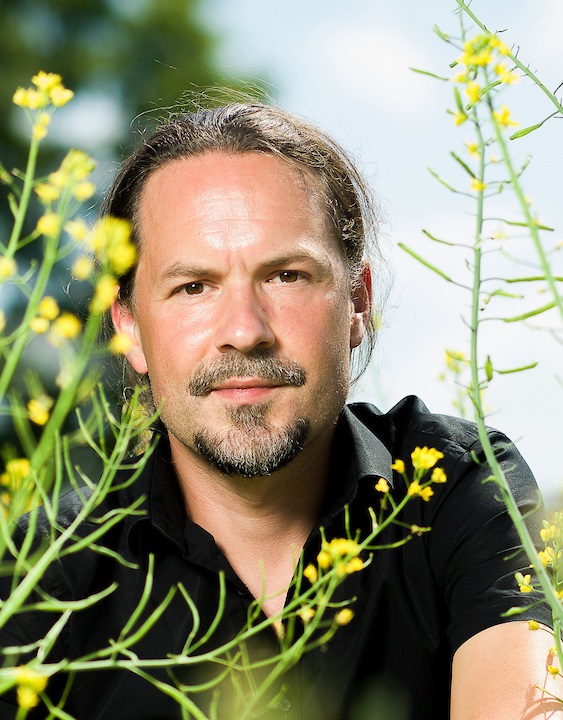
Prof. Dr. Erik H. Poelman
Wageningen University, Laboratory of Entomology
My team studies community ecology and evolution of plant-insect interactions. We study adaptations of wild Brassicaceae in their defence against attack by multiple herbivores and maintenance of beneficial interactions with pollinators. We unravel how micro-organisms modulate such interactions including those between plants, herbivores, parasitoids and hyperparasitoids.
Postdocs

Dr. Brandon Ford
Plant Microbiome Interactions, Utrecht University
I am a microbiologist working to identify and investigate the genetic factors influencing the recruitment of beneficial microbes protective against plant pathogens, using high-throughput transposon insertion mutant sequencing screens towards this aim.

Dr. Masato Homma
University of Amsterdam
My research focuses on the evolutionary dynamics of strigolactone production in plants in response to environmental cues, and on how these signaling molecules influence the composition and functional properties of the root microbiome. To achieve this, I aim to identify specific plant-produced strigolactones, elucidate their biosynthetic pathways, and manipulate their profiles using representative species from diverse plant families, including Solanaceae, Cucurbitaceae, Fabaceae, and Poaceae.
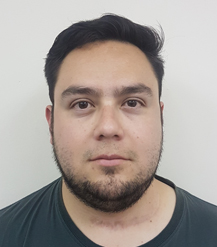
Dario X. Ramirez-Villacis
Utrecht University, Environmental Biology
I am a PhD student working with various species and varieties of potato in their center of origin (Ecuador), and studying the response of the root microbiome to Phytophthora infestans disease.
Further information
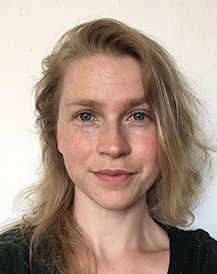
Malin Klein
VU University/University of Amsterdam
I study the stress-induced recruitment of microbes in the rhizosphere (legumes specifically). I bring a background in plant genetics and experience with arbuscular mycorrhizal fungi.
Further information

Muhammad Rizaludin
The Netherlands Institute of Ecology, Microbial Ecology (NIOO-KNAW)
My PhD project investigates the mechanism underlying biotic-stress induced plant-microbe communication belowground via root-emitted VOCs (volatile organic compounds).
Further information
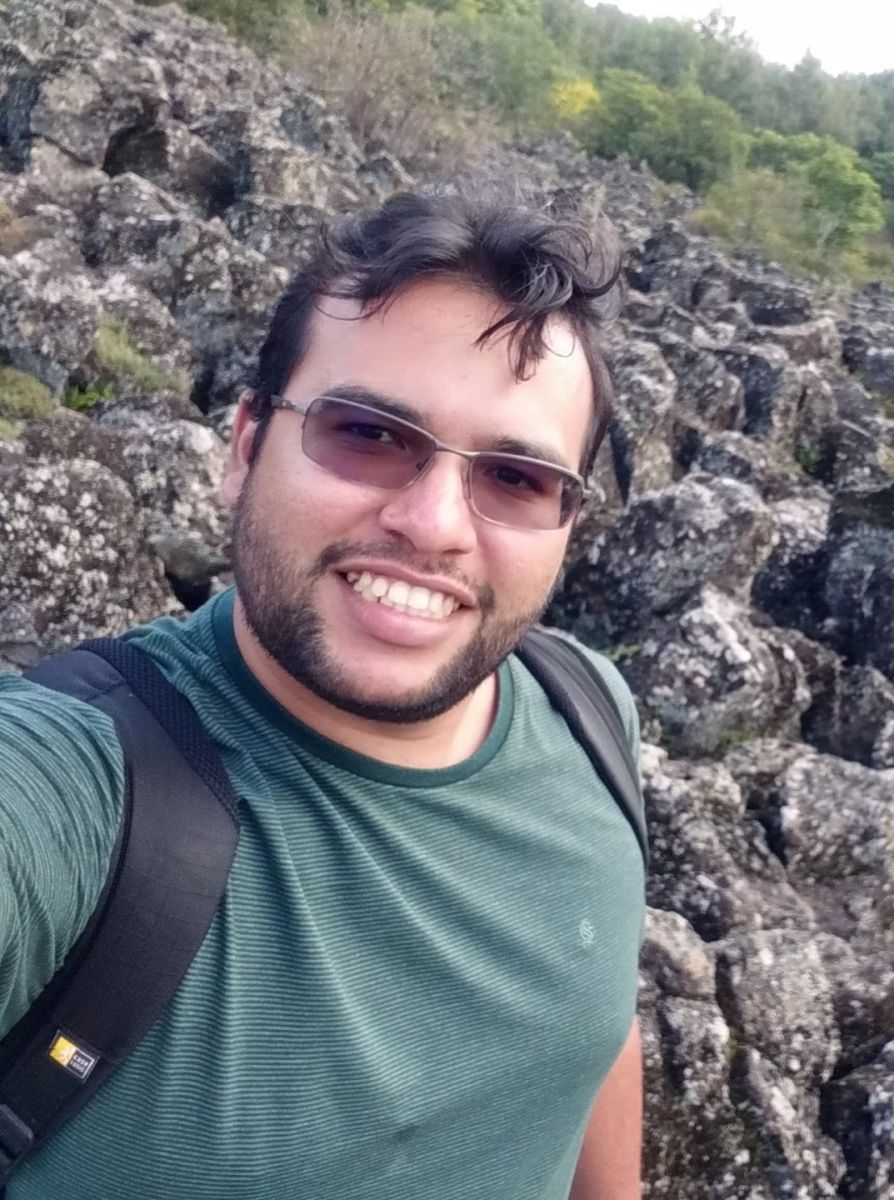
Dr. Márcio Fernandes Alves Leite
Plant-Hormone Biology group, Swammerdam Institute of Life Sciences, University of Amsterdam
In my research I use statistical models and quantitative approaches to understand how plant-microbiome interactions respond to changes in both managed and natural systems. In MiCRop project, I will take advantage of these models to gain insights on how different strigolactones affects the recruitment of the plant root-associated microbiome in Maize.
Further information
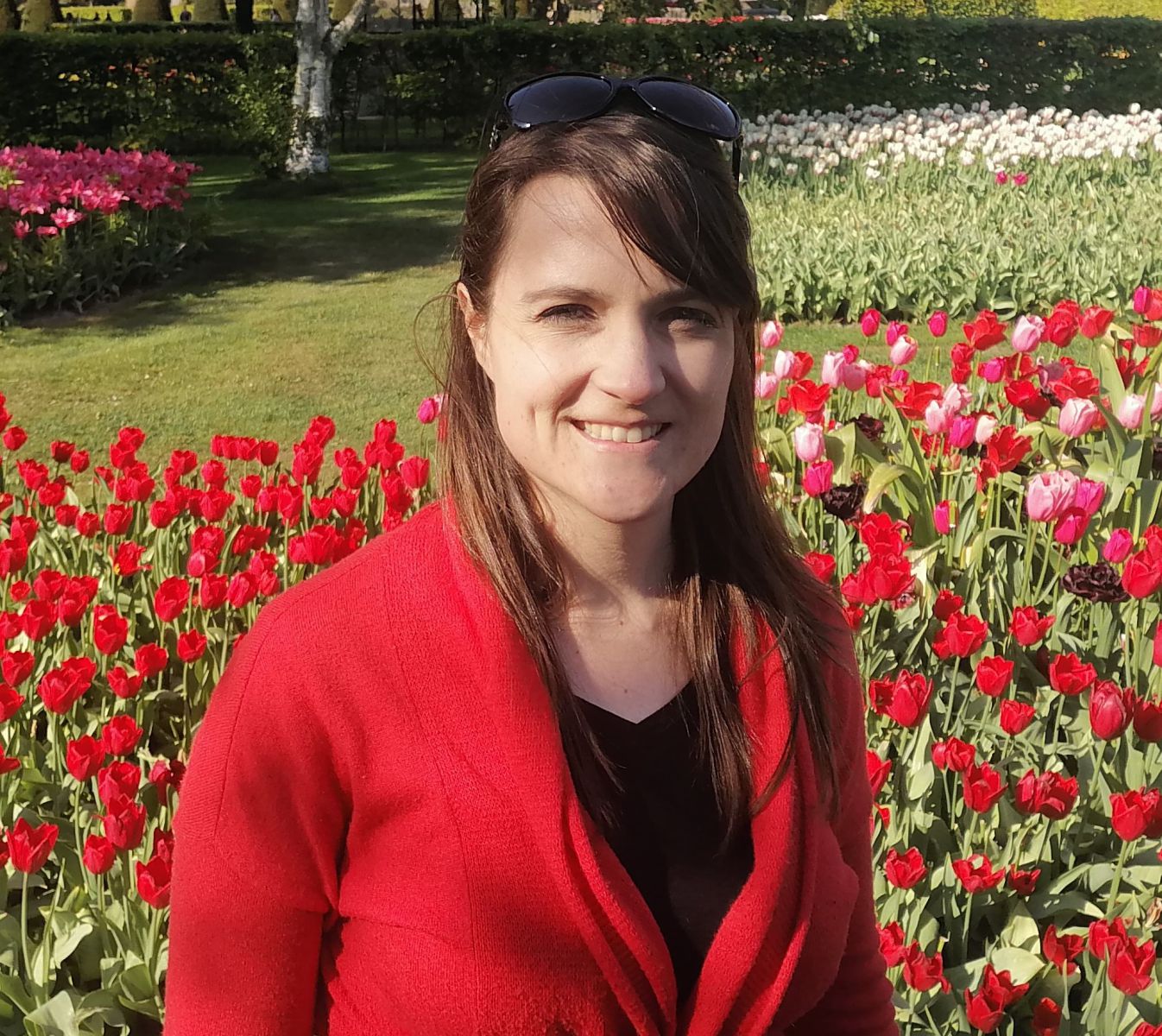
Dr. Arista Fourie
University of Utrecht
I am a microbiologist, interested in the interaction between microbes and their host as well as the interactions between microbes. My current focus is on traits that influence the rhizosphere competence of bacteria, such as secretion systems. I make use of metagenomics and metatranscriptomics to study these interactions in different plant species.
Further information
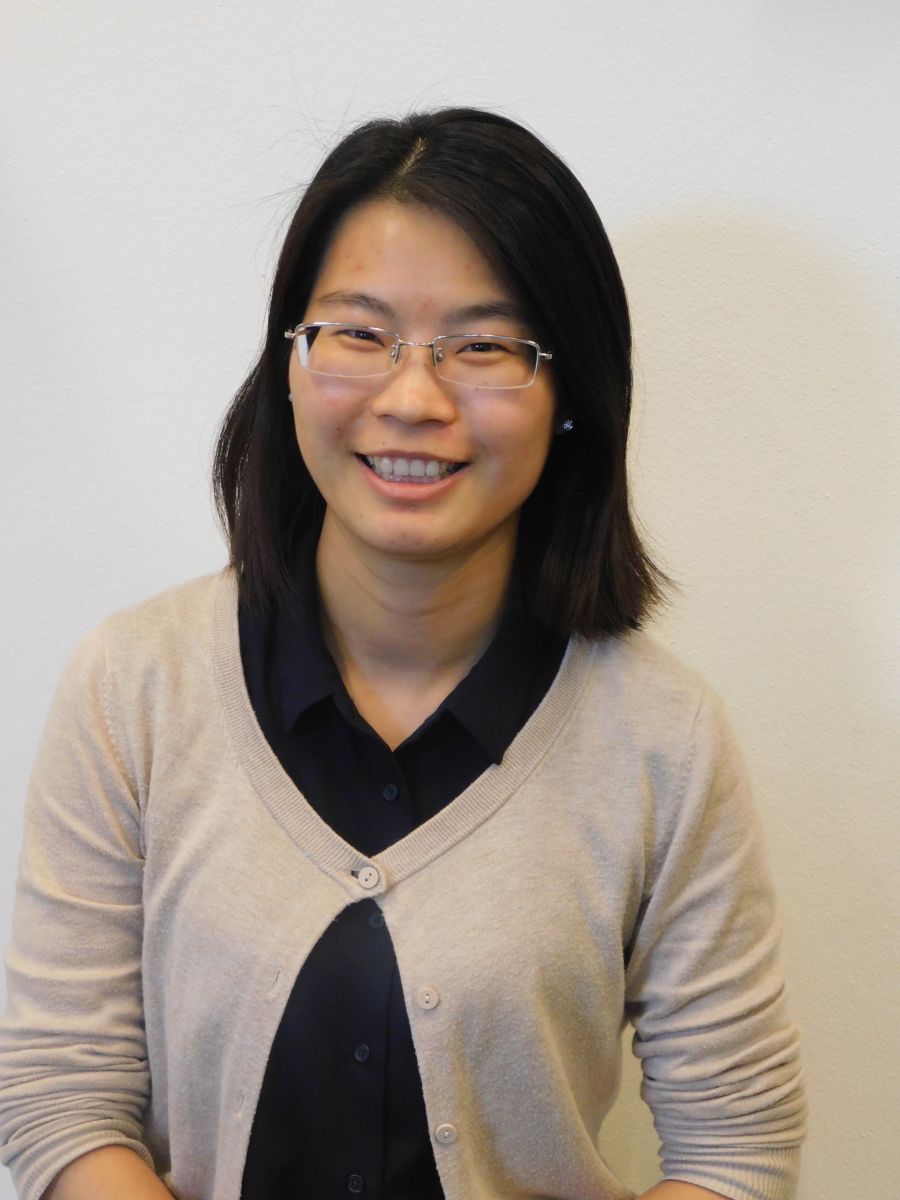
Dr. Jié Hu
Netherlands Institute of Ecology (NIOO-KNAW)
In my research I aim to contribute to a sustainable agriculture via unleashing the power of plant-associated beneficial microorganisms. I am a postdoctoral researcher at NIOO, my role in MiCRop is to determine the impact of plant domestication on the taxonomic and functional diversification of the root microbiome, especially identifying ‘missing’ plant microbes, their genomes and biosynthetic genes.
Further information
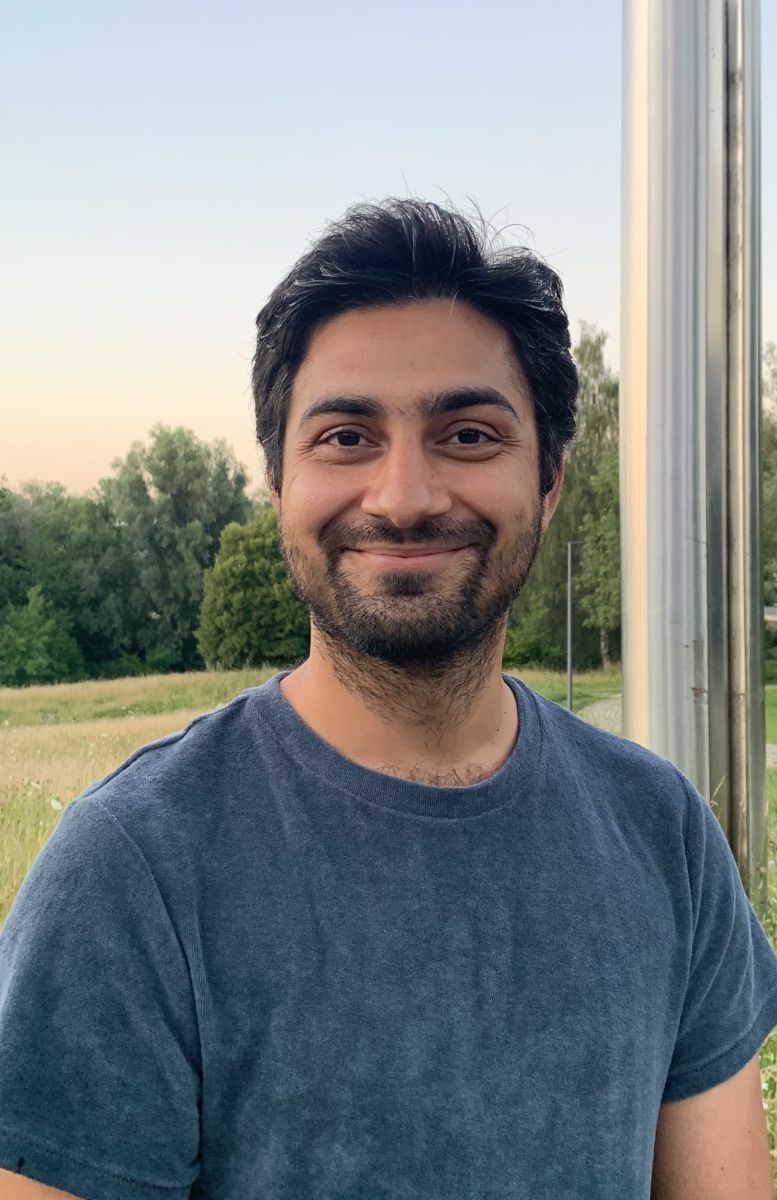
Dr. Parvinderdeep S. Kahlon
Wageningen University, Lab. of Plant Physiology
I am involved in WP 3 and I am interested in understanding differences in above-ground tissue characteristics of wild and domesticated tomatoes in relation to the recruitment of beneficial micro-organisms under drought stress.
Further information
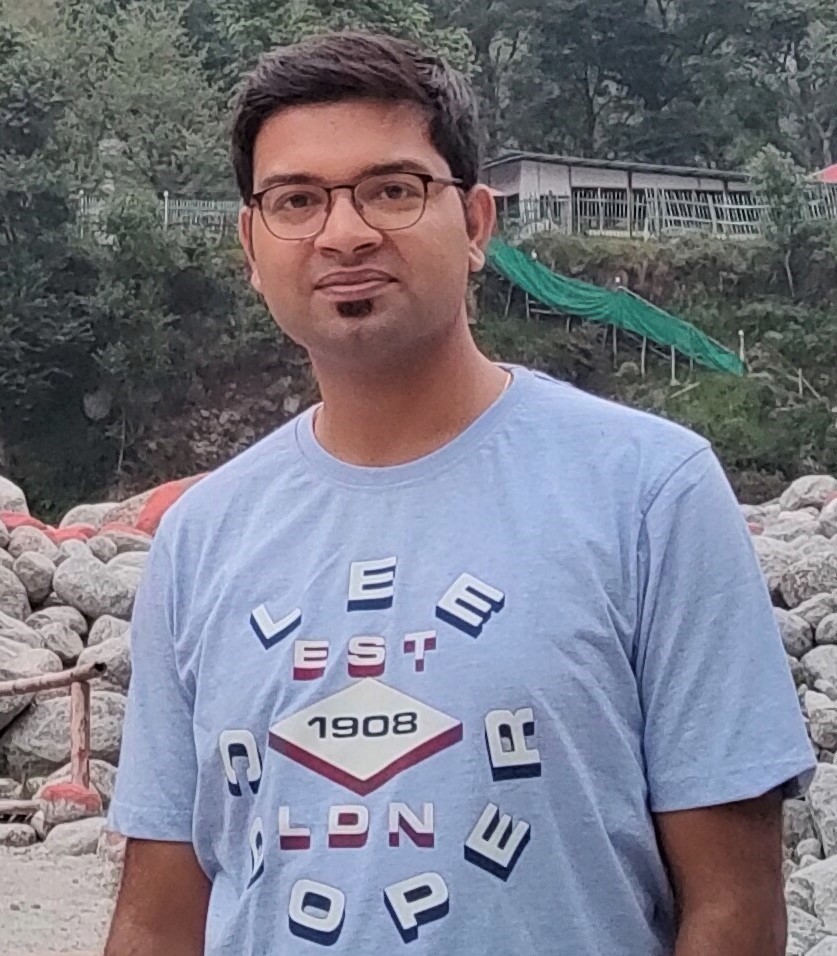
Dr. Rahul Jain
Plant-Hormone Biology group, Swammerdam Institute of Life Sciences, University of Amsterdam
Through my research I aim to contribute to understand how microbiome in plant rhizosphere communicate with the roots and respond under environmental stress to benefit plant partners. In MiCRop project, I will be looking for stress responsive chemical signals/metabolites secreted in the root exudates leading to recruitment of specific group of bacteria in the rhizosphere.
Further information
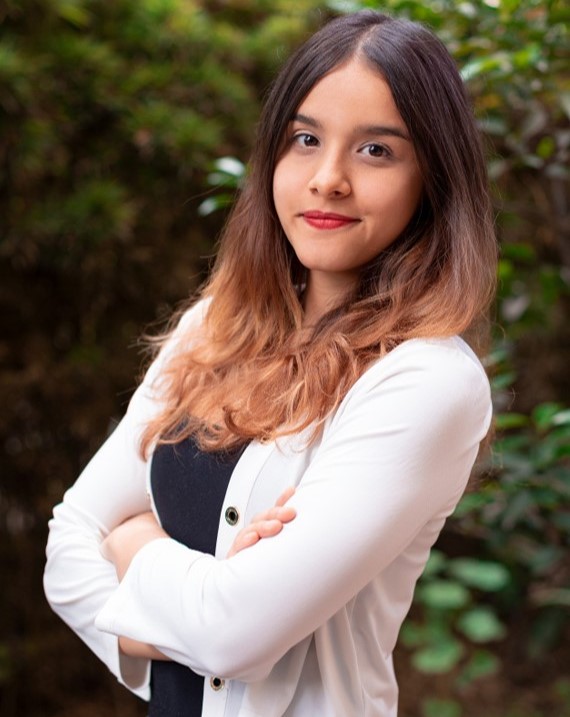
Melissa Uribe Acosta
Wageningen University and Research
My research project focusses on evaluating how individual chemical and structural plant defense compounds can change rhizosphere and endosphere fungal and bacterial communities in Arabidopsis.
Further information
Technicians

Deborah Cornadó
The Netherlands Institute of Ecology (NIOO-KNAW)
As a microbiologist, I am involved in building and maintaining the microbial culture collection of the MiCRop project.
Further information
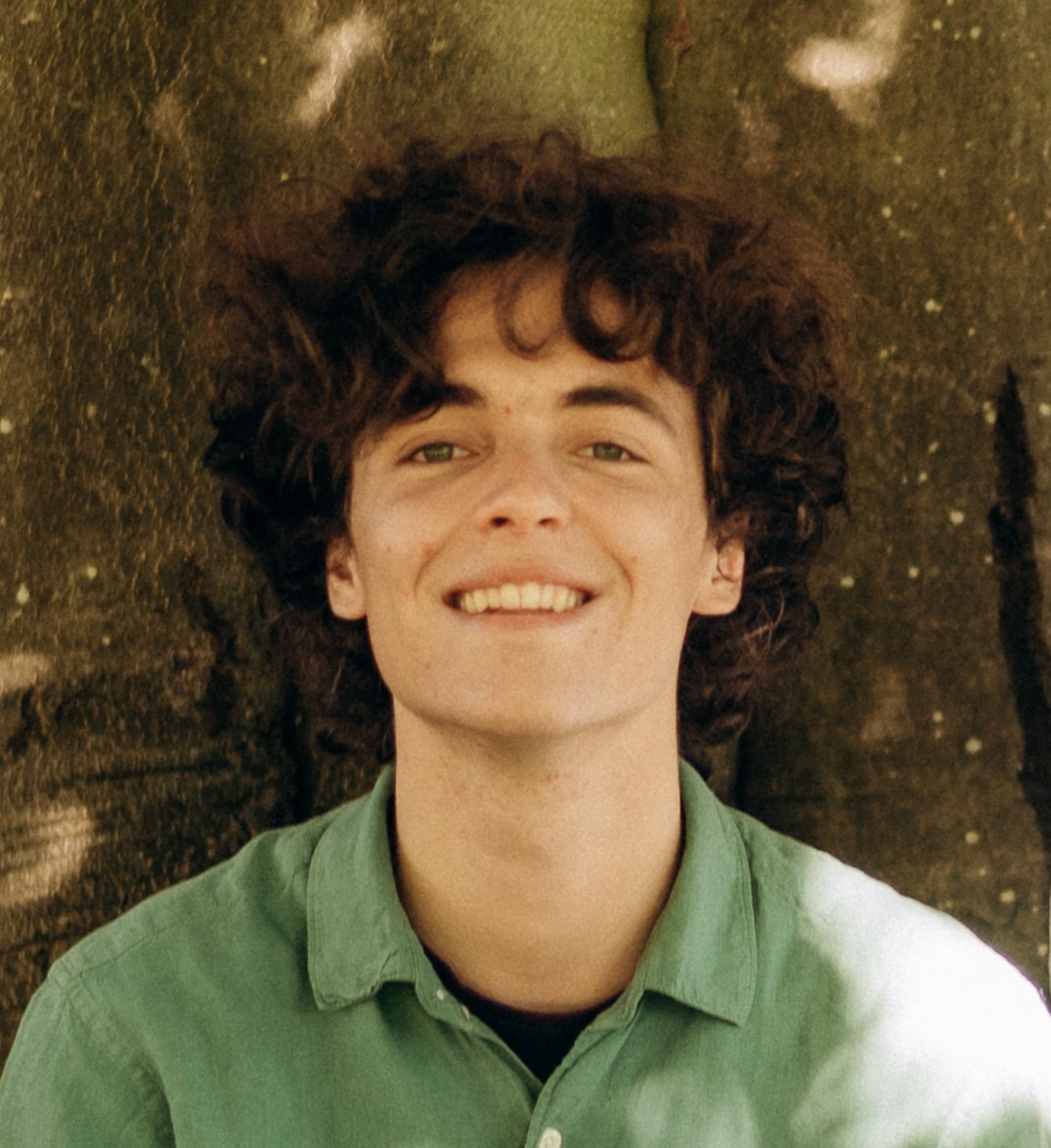
Kai Cartwright
Vrije Universiteit Amsterdam
I support diverse projects exploring the ecology and network biology of arbuscular mycorrhizal fungi. My interests include microbial diversity, symbioses and holobiont perspectives.
Further information
PhD students
Phase II
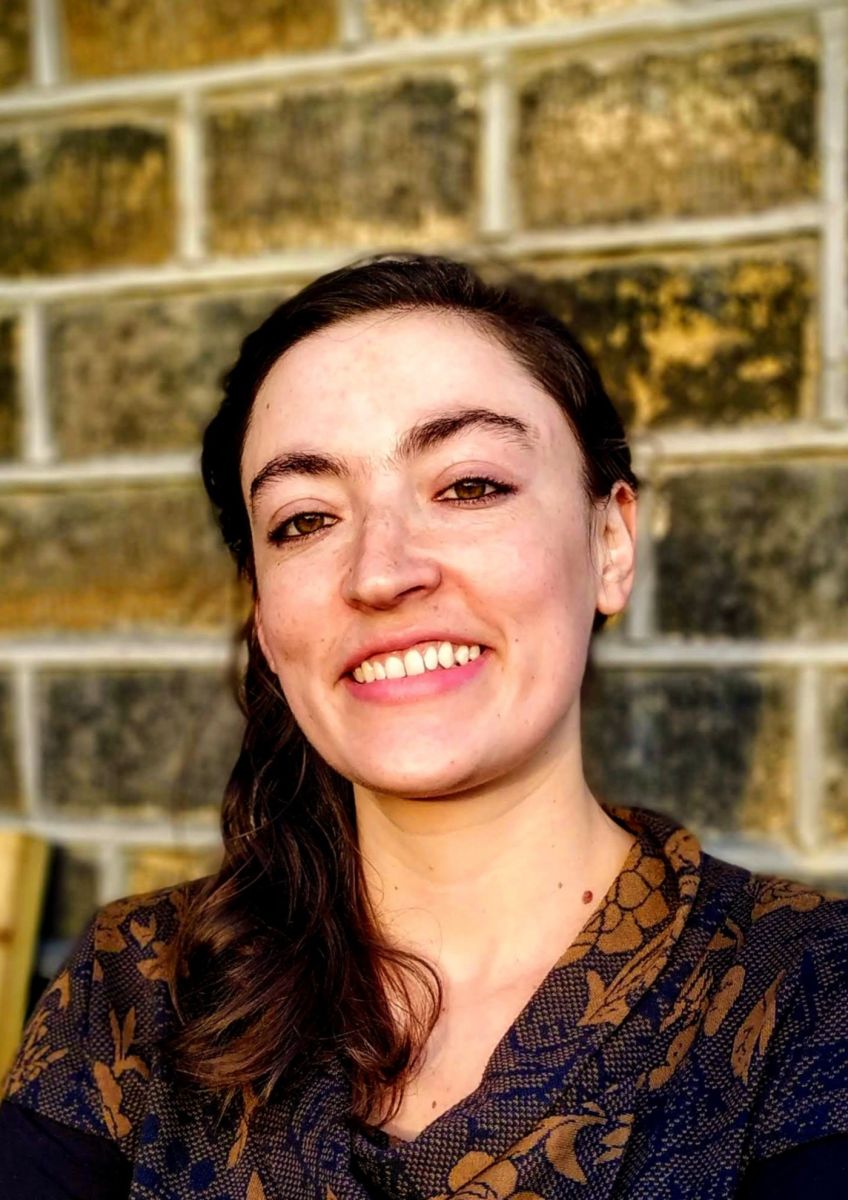
Camila Fornaguera
Wageningen University
My project focuses on investigating how floral microbiomes influence plant–pollinator interactions in Brassicaceae. By examining microbial effects on nectar chemistry and floral signaling. I aim to understand how these interactions shape pollinator behavior, pollinator health and plant reproductive success, with the goal of supporting the development of microbial-based approaches to enhance pollination efficiency in agricultural systems and promote pollinator resilience in ecosystems.
Further information
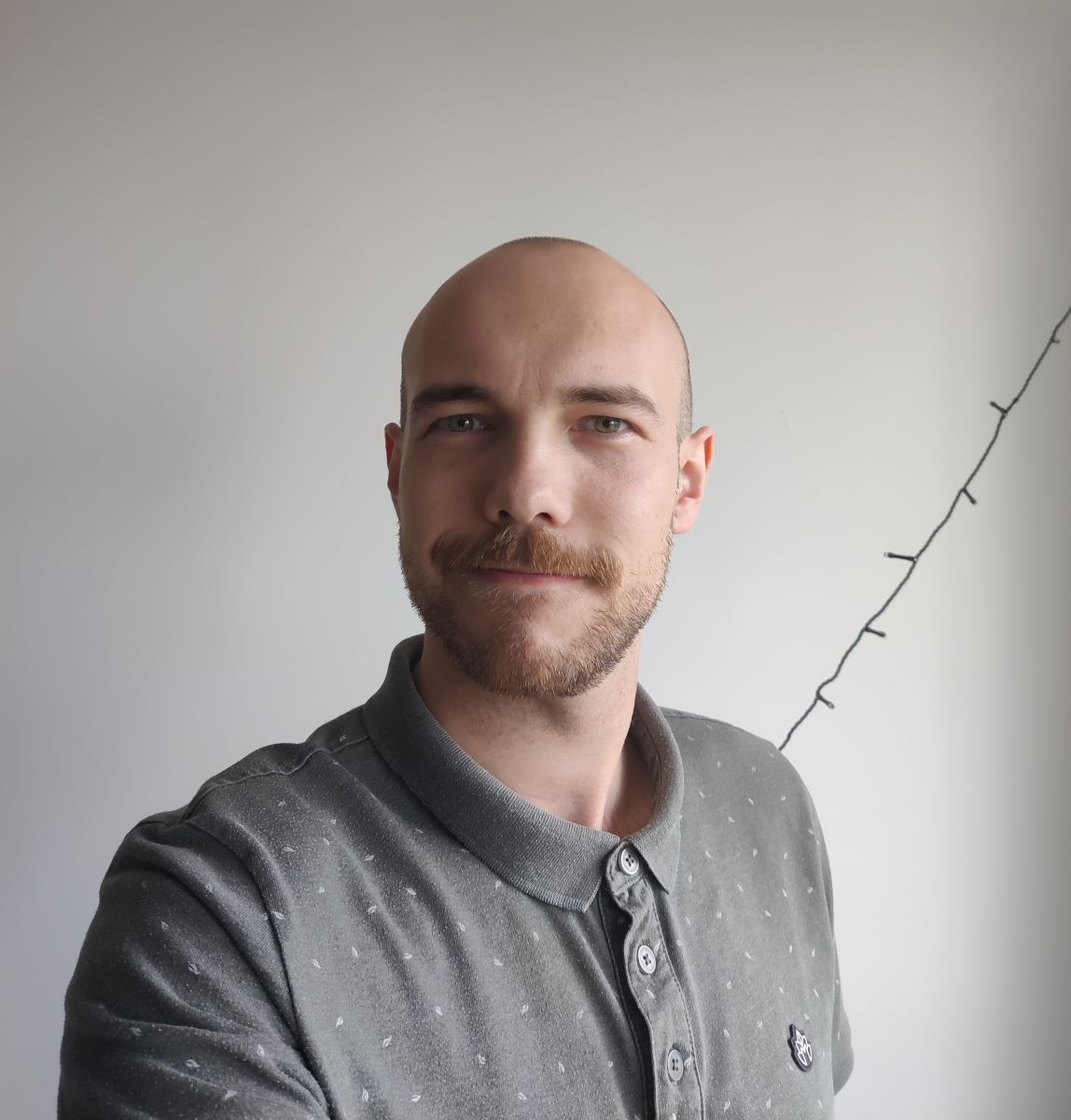
Rick Temminck
NIOO-KNAW
My PhD research is mainly focused on how to apply different yeast species to wheat plants as a replacement for Fungicides though the development and application of synthetic communities (SYNCOMS). Finding functional replacements for commonly overused fungicides is an important way to reduce resistance development in medically relevant strains and to lower reduced yields and mycotoxin exposures around the globe.
Further information
.JPG)
Syb Hopkoper
Wageningen University
My research focuses on the assembly of the plant microbiome associated with cabbage root fly infestation. I aim to understand the spatial and temporal dynamics of this microbiome, its health-promoting functions, and the drivers of its assembly.
Further information
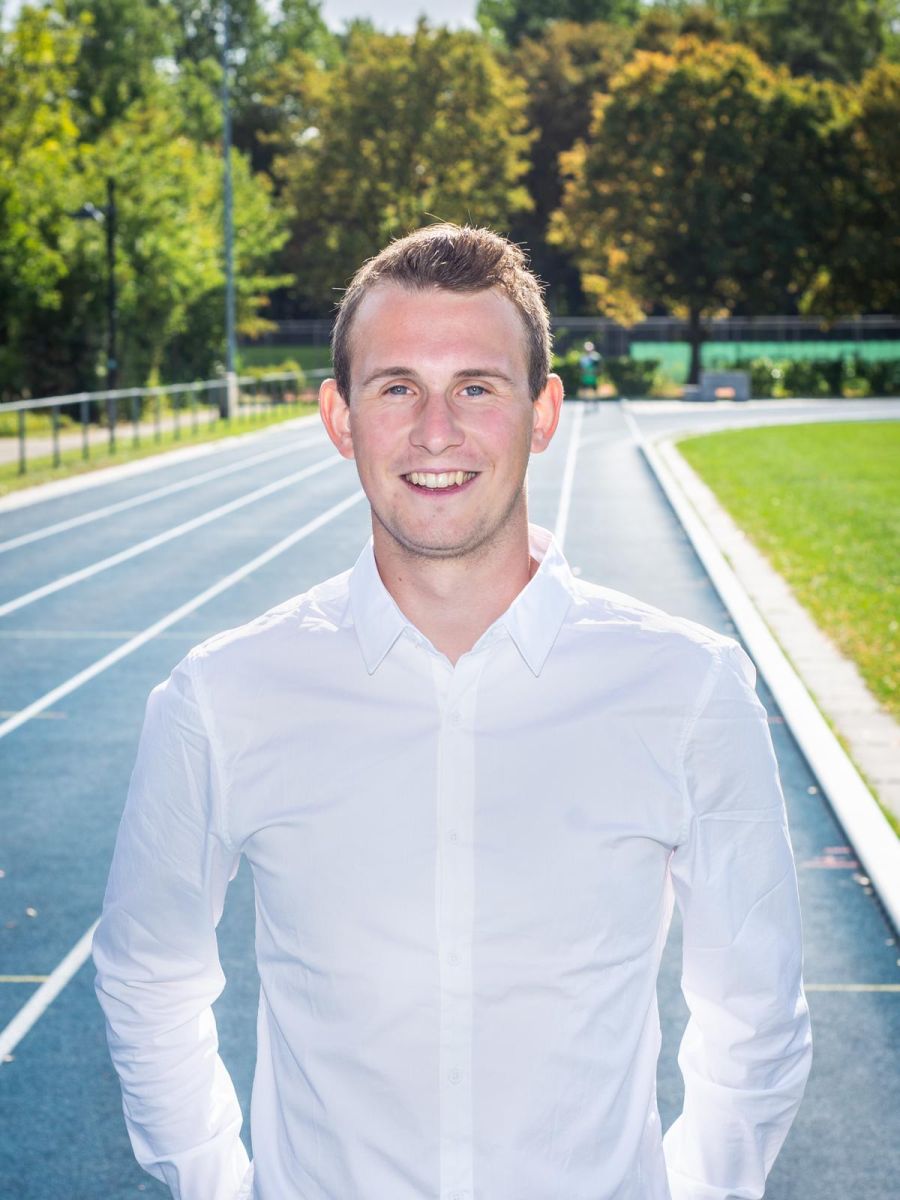
Ton Winkelmolen
Wageningen University
I will focus on the effect of shade on rice and its interaction with salt. The focus of my project will be mainly on the molecular players involved in these pathways and how these affect the rice plant.
Further information
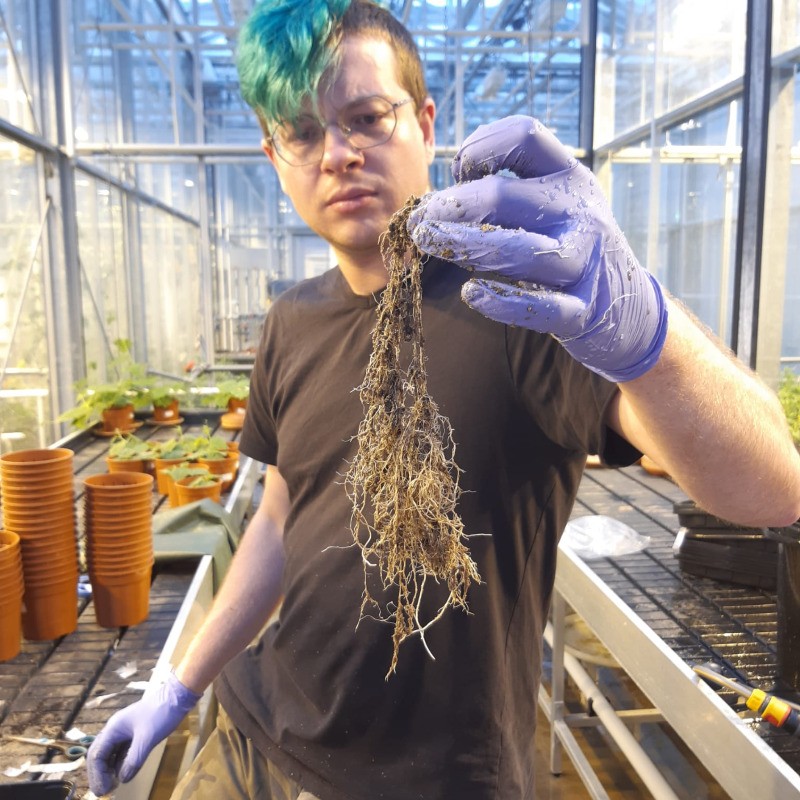
Toine Massar
University of Amsterdam
With the help of bacterial synthetic communities (SynComs) that closely represent the natural composition of the plant root microbiome, I will be researching the effects of (a)biotic stress on microbiome recruitment (WP1). Through a multi-omics approach, I aim to find molecular mechanisms on both the plant side (WP3) and on the microbial side (WP4) which co-ordinate the relationship between plant and microbiome. At the end of my research project, I aim to have developed a SynCom which improves stress-resilience in crops, with which seeds can be coated before sowing in agriculture (WP5).
Further information
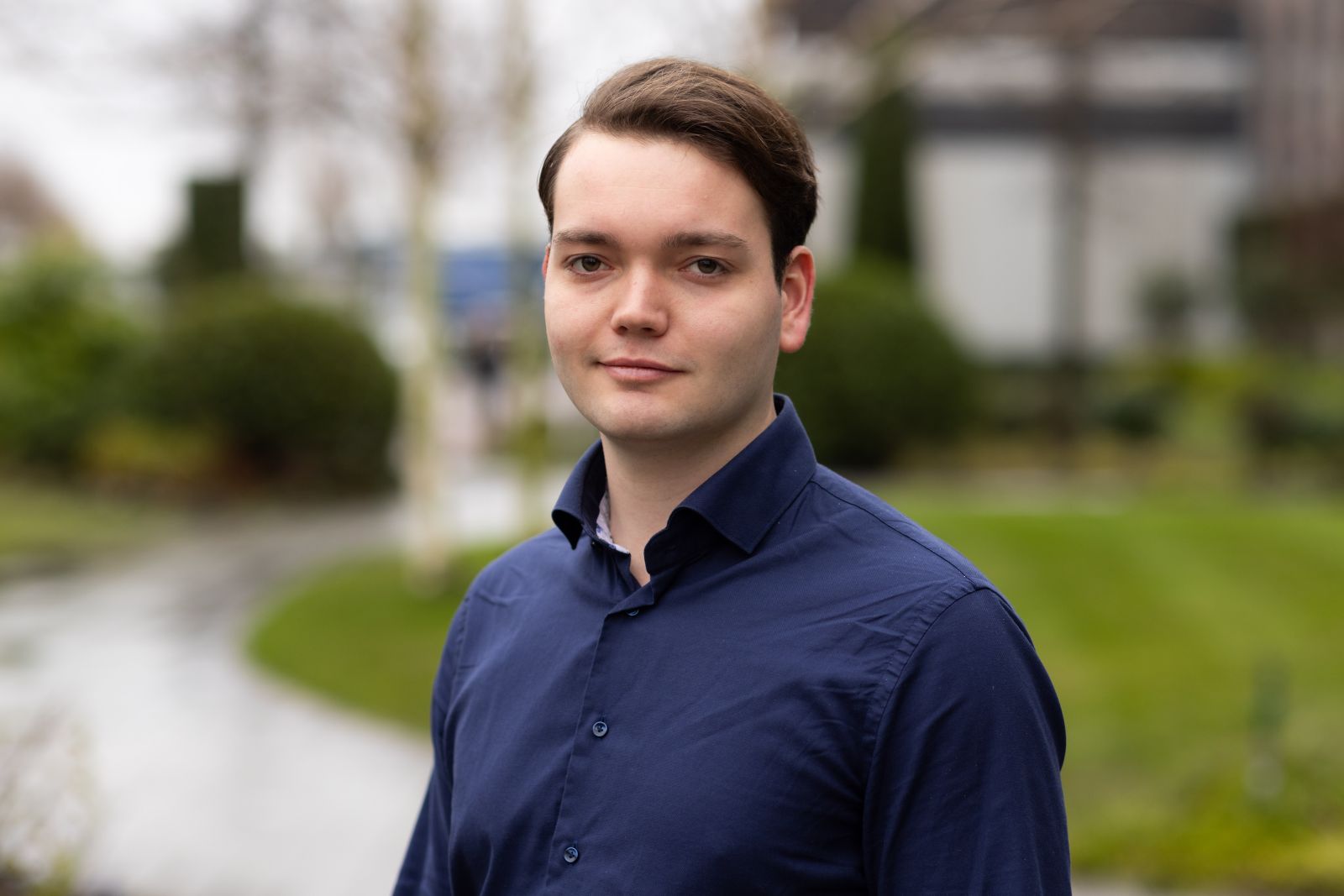
Wietze Metzelaar
Utrecht University
My research focuses on enhancing nutrient use efficiency in crops by improving sulfur nutrition. The aim is to harness plant-associated microbiomes to mediate sulfur acquisition and optimize its utilization. Specifically, I investigate the genetic and molecular mechanisms that govern crop interactions with soil microbial communities under sulfur-limited conditions.
Further information
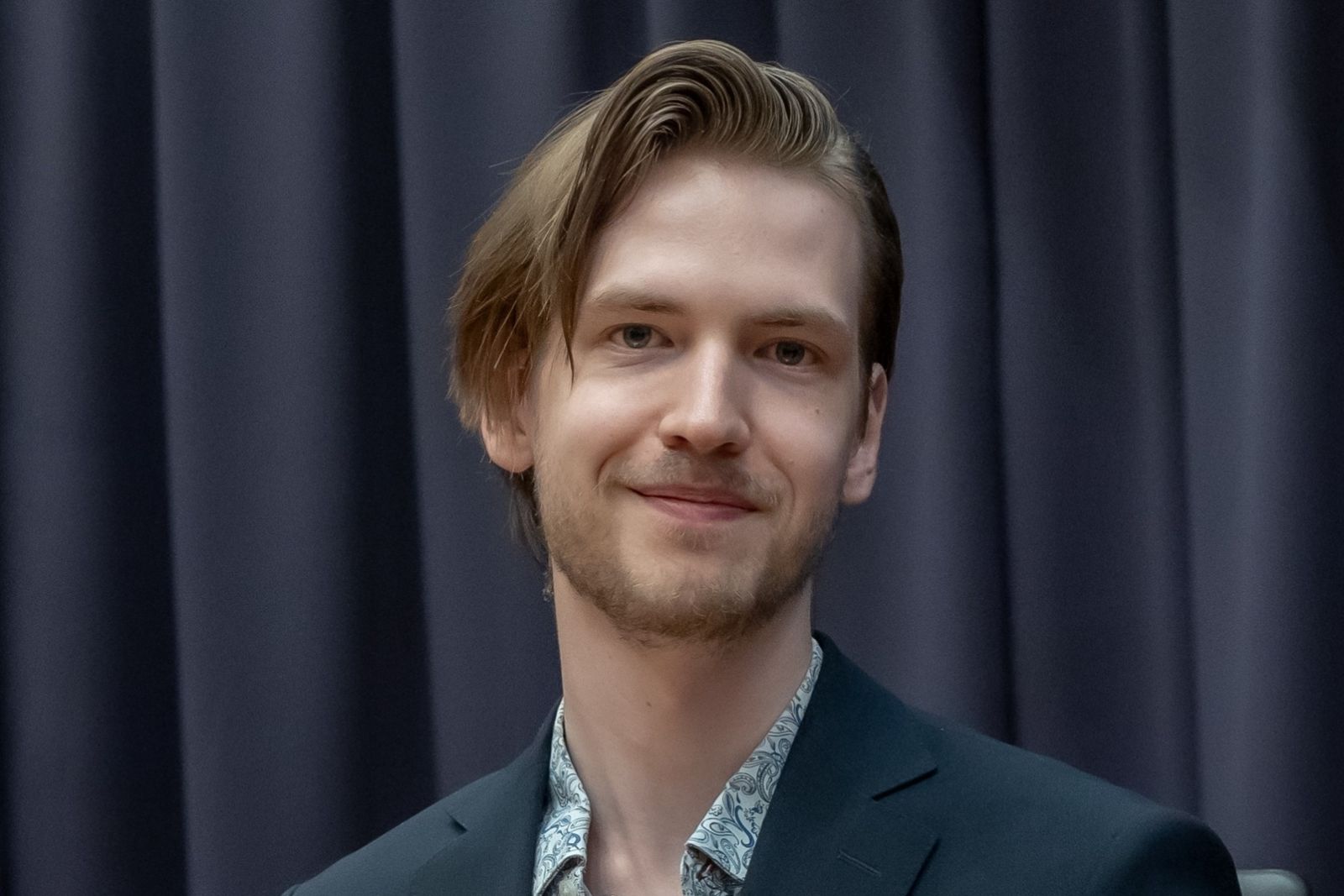
Simon van Staalduine
Vrije Universiteit
I work on large-scale flow extraction of AMF networks and to uncover the decisions that are made where nutrients should be transported. This requires the use of large amounts of data to track a high number of networks in automated microscopes. I obtained my Msc in Nanobiology at the TU Delft, where my research project involved revealing orientation structures in tissue samples using computational scattered light imaging.
Further information
.jpg)
Bianca Turcu
Vrije Universiteit Amsterdam
I am involved in maintaining the mycorrhizal fungi collection of the MiCRop project and in assisting with molecular biology procedures like DNA extractions and ddPCR.
Further information

Nicky van der Wielen
Wageningen University
My interests lie in studying the interplay between stress resilience in crops and their microbiome. I aim to explore and understand these plant-microbiome interactions and ultimately translate this into advancements in agricultural practices.
Further information
Phase I
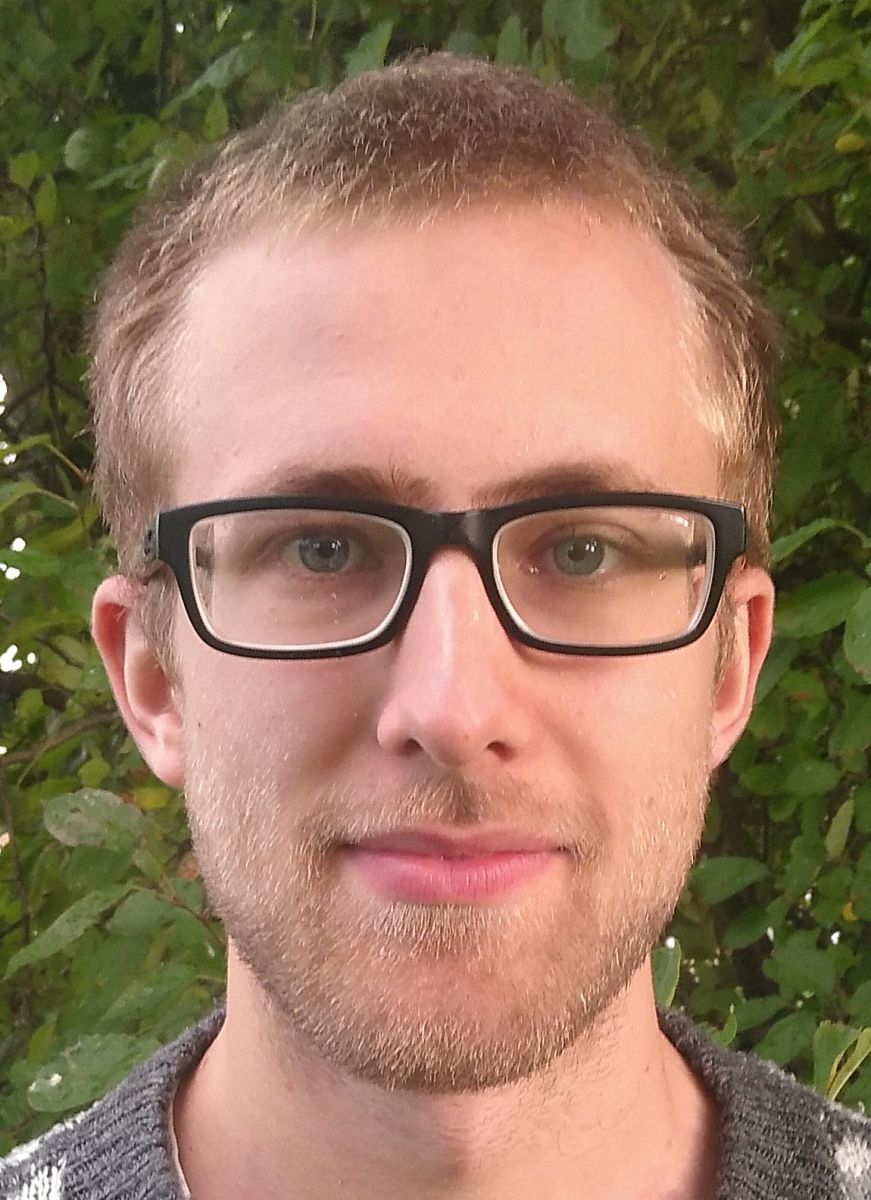
Roland Berdaguer
Wageningen University, Laboratory of Plant Physiology
My project aims at elucidating the mechanisms by which plants of the Solanaceae family, and more specifically tomato, recruit soil microbes that promote the plants’ resilience to drought stress. I bring a background in plant molecular biology and experience with root nodule symbiosis.
Further information
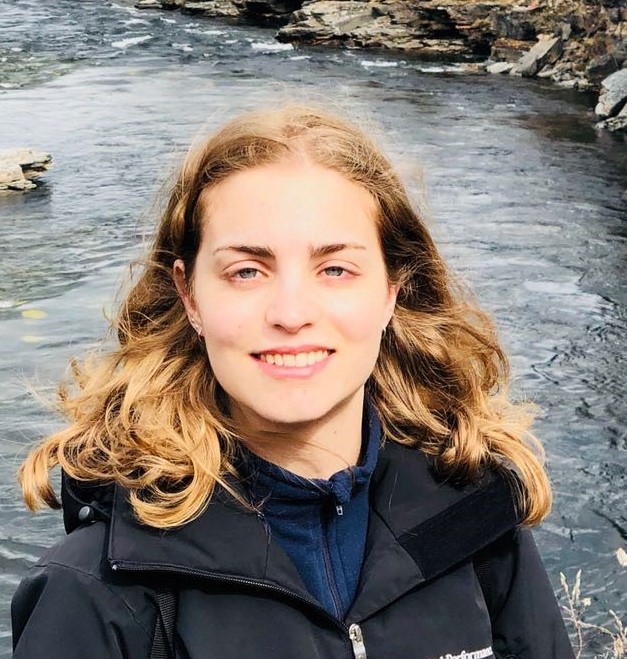
Zulema Carracedo Lorenzo
Wageningen University, Laboratory of Plant Physiology and Laboratory of Entomology
I am involved in WP1, WP3 and slightly in WP3. I work on identifying plant pathways of stress alleviating microorganism recruitment that could be targeted in plant breeding programs.
Further information
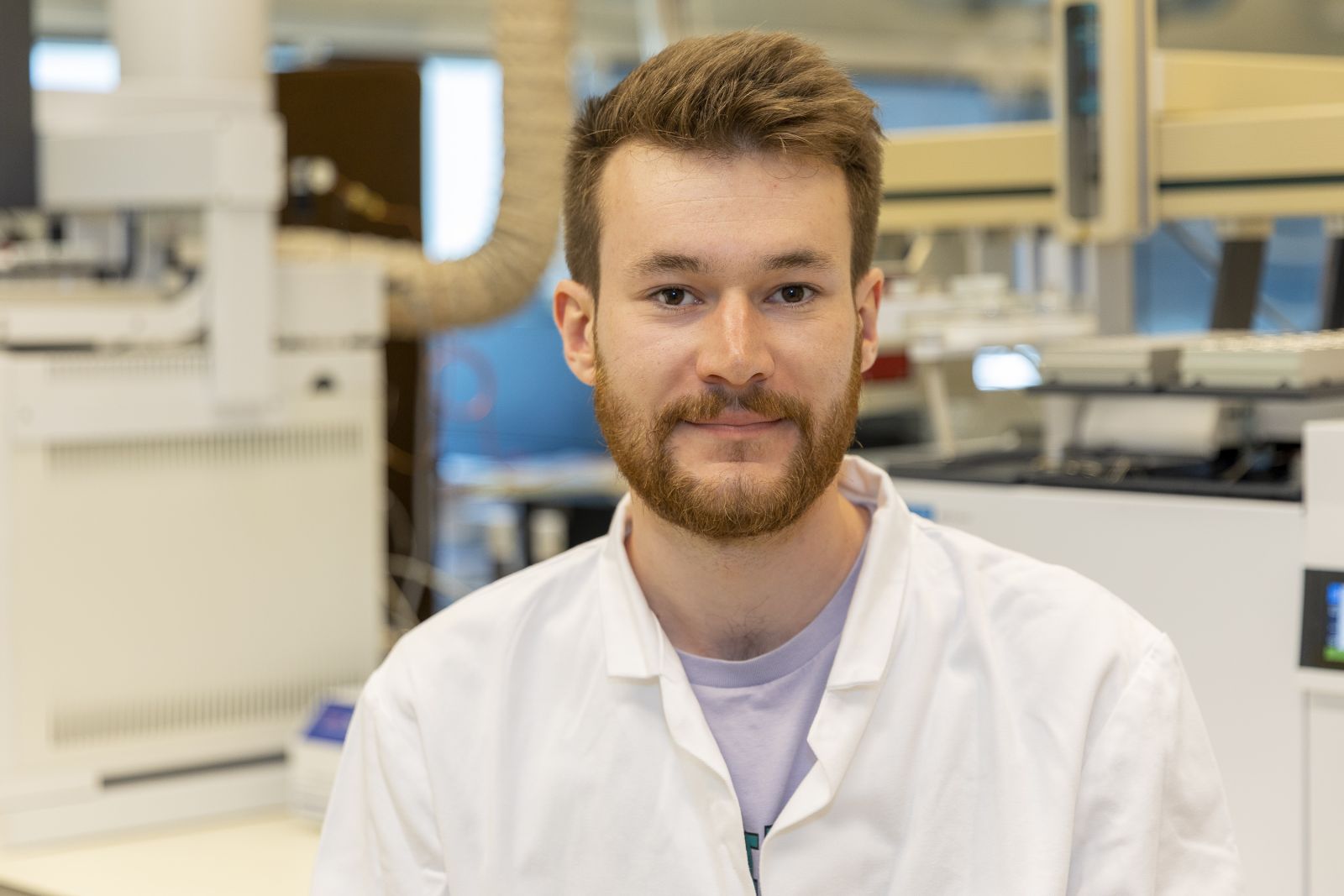
Sébastien Jaupitre
University of Amsterdam
My PhD project aims at studying the chemical recruitment of beneficial microorganisms in Cucurbitaceae under abiotic and biotic stresses and the functions associated with a beneficial microbiome.
Further information

Dario X. Ramirez-Villacis
Utrecht University, Environmental Biology
I am a PhD student working with various species and varieties of potato in their center of origin (Ecuador), and studying the response of the root microbiome to Phytophthora infestans disease.
Further information

Malin Klein
VU University/University of Amsterdam
I study the stress-induced recruitment of microbes in the rhizosphere (legumes specifically). I bring a background in plant genetics and experience with arbuscular mycorrhizal fungi.
Further information

Melissa Uribe Acosta
Wageningen University and Research
My research project focusses on evaluating how individual chemical and structural plant defense compounds can change rhizosphere and endosphere fungal and bacterial communities in Arabidopsis.
Further information

Muhammad Rizaludin
The Netherlands Institute of Ecology, Microbial Ecology (NIOO-KNAW)
My PhD project investigates the mechanism underlying biotic-stress induced plant-microbe communication belowground via root-emitted VOCs (volatile organic compounds).
Further information

Justin Stewart
VU University Amsterdam, Department of Ecological Science, Symbiosis Group
I am studying the evolutionary biogeography of underground networks and how microbial communities assemble. Specifically, I bring a background in geospatial analysis, statistics-machine learning, and microbial ecology.
Further information
Associated
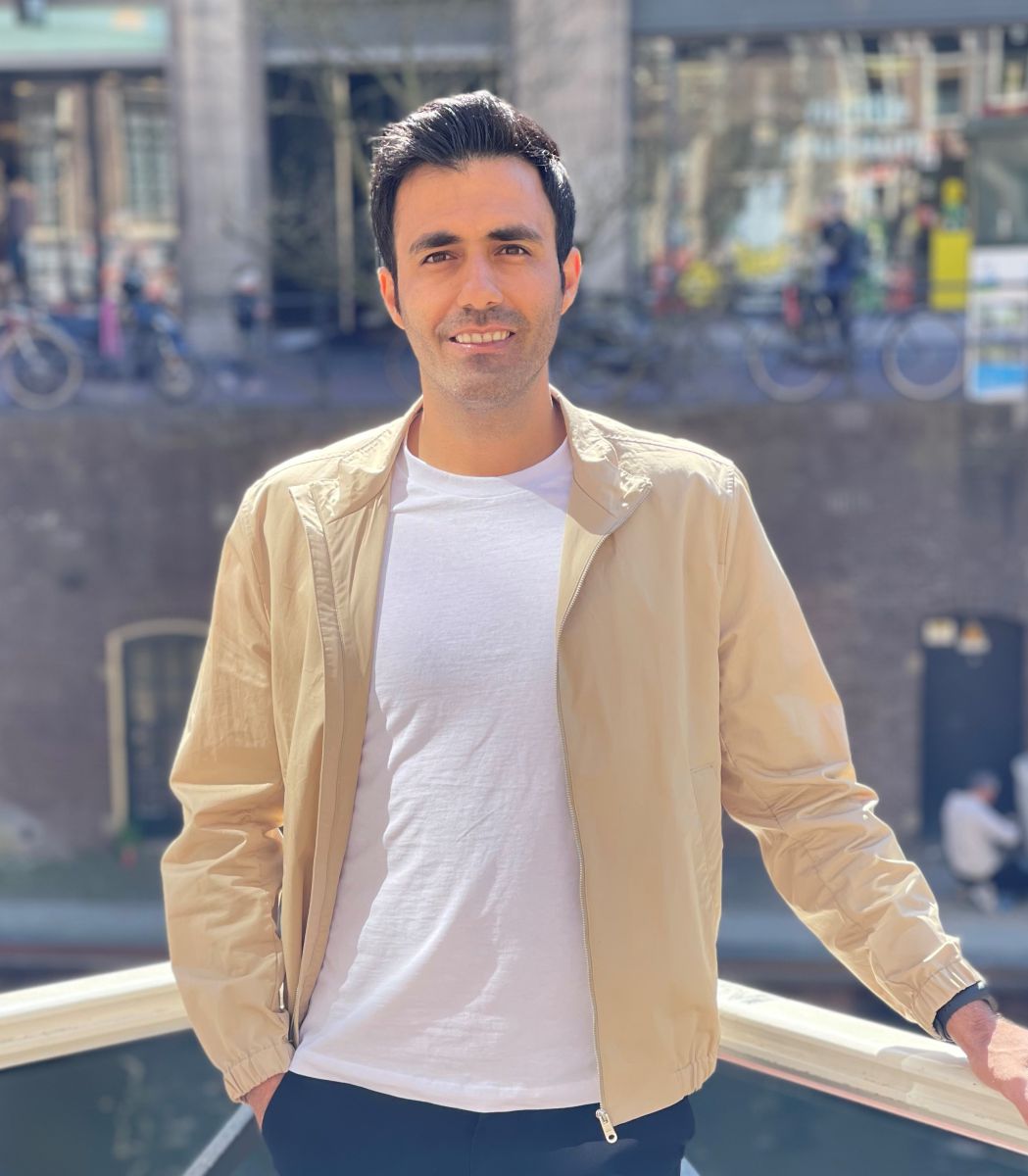
Davar Abedini (associate)
University of Amsterdam, Plant Hormone Biology
My project aims to unravel potato-microbes-PCNs chemical communications. I investigate the microbial recruitment by tomato/potato root under nitrogen deficiency.
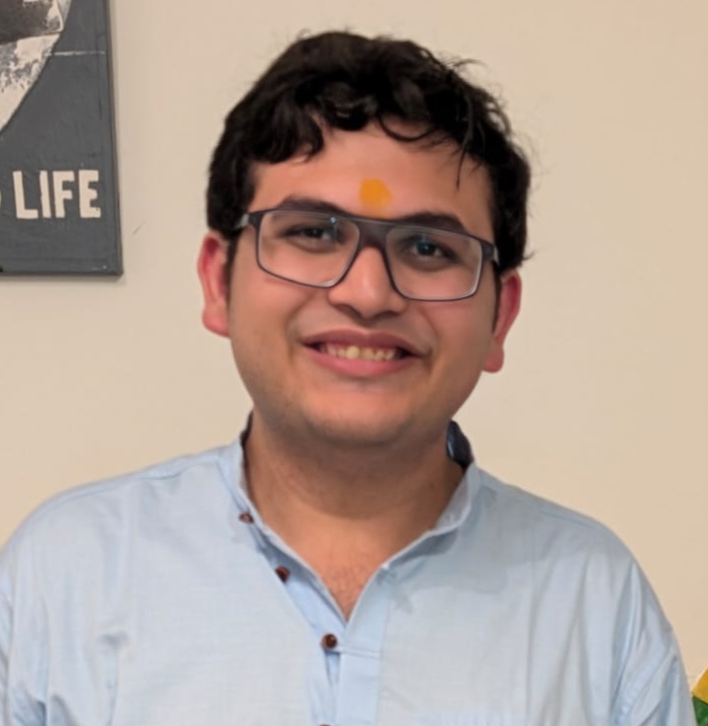
Atharv Ambekar (associate)
University of Amsterdam
I aim to understand the mechanisms of how rhizosphere microbes can modify compounds exudated by roots. I use culture-dependent as well as independent approaches, coupled with metabolomics, to understand mechanisms of microbial modulation of rhizospheric signals.
Further information
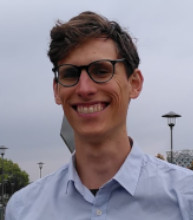
Kris de Kreek (associate)
Wageningen University, Lab. of Entomology
I investigate herbivore-induced recruitment of soil microorganisms and their effect on plant defence against herbivores. In contrast to most other projects in the MiCRop consortium, my project focuses on the intraspecific variation in microbiome recruitment in Brassica oleracea (cabbage).
Further information
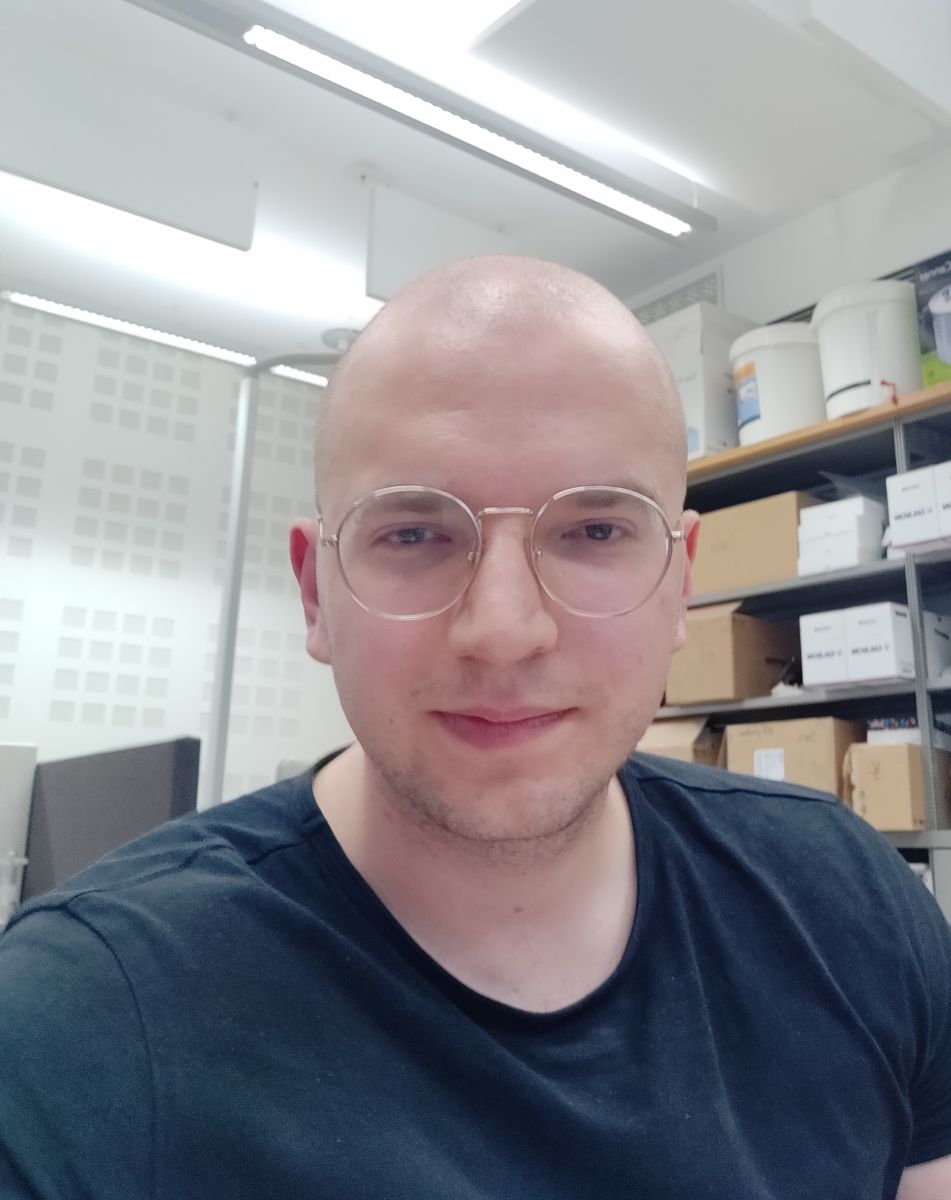
Sjors Huizinga (associate)
University of Amsterdam
My work is focused on the signaling that occurs between lettuce and the root-colonizing fungi Trichoderma and Fusarium in the soil. I am trying to identify which molecules are present in lettuce root exudate, how the composition of this exudate changes during stress, and which molecules can elicit biological responses from the fungi. Simultaneously, I am trying to identify and characterize the receptors that fungi use to perceive these signals.
Further information
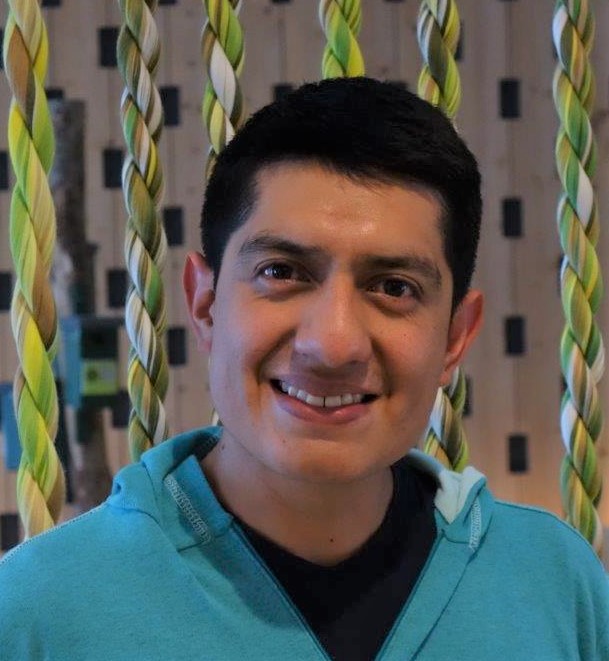
Stalin Sarango-Flores (associate)
The Netherlands Institute of Ecology
I thrive to obtain the microbial information on wild tomatoes in their native habitat, and validate the microbe-plant liniking in modern tomatoes.
Further information
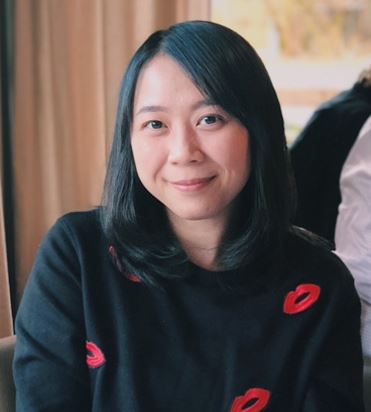
Sasiwimon Siricharoen (associate)
Wageningen University, Lab. of Plant Physiology
My PhD project aim to study the influence of maternal environment including different soil types and habitats on microbial communities of Arabidopsis thaliana seeds across different generations, and how these seed microbiome improve abiotic stress (drought and salt) tolerance during seed germination and seedling establishment.

